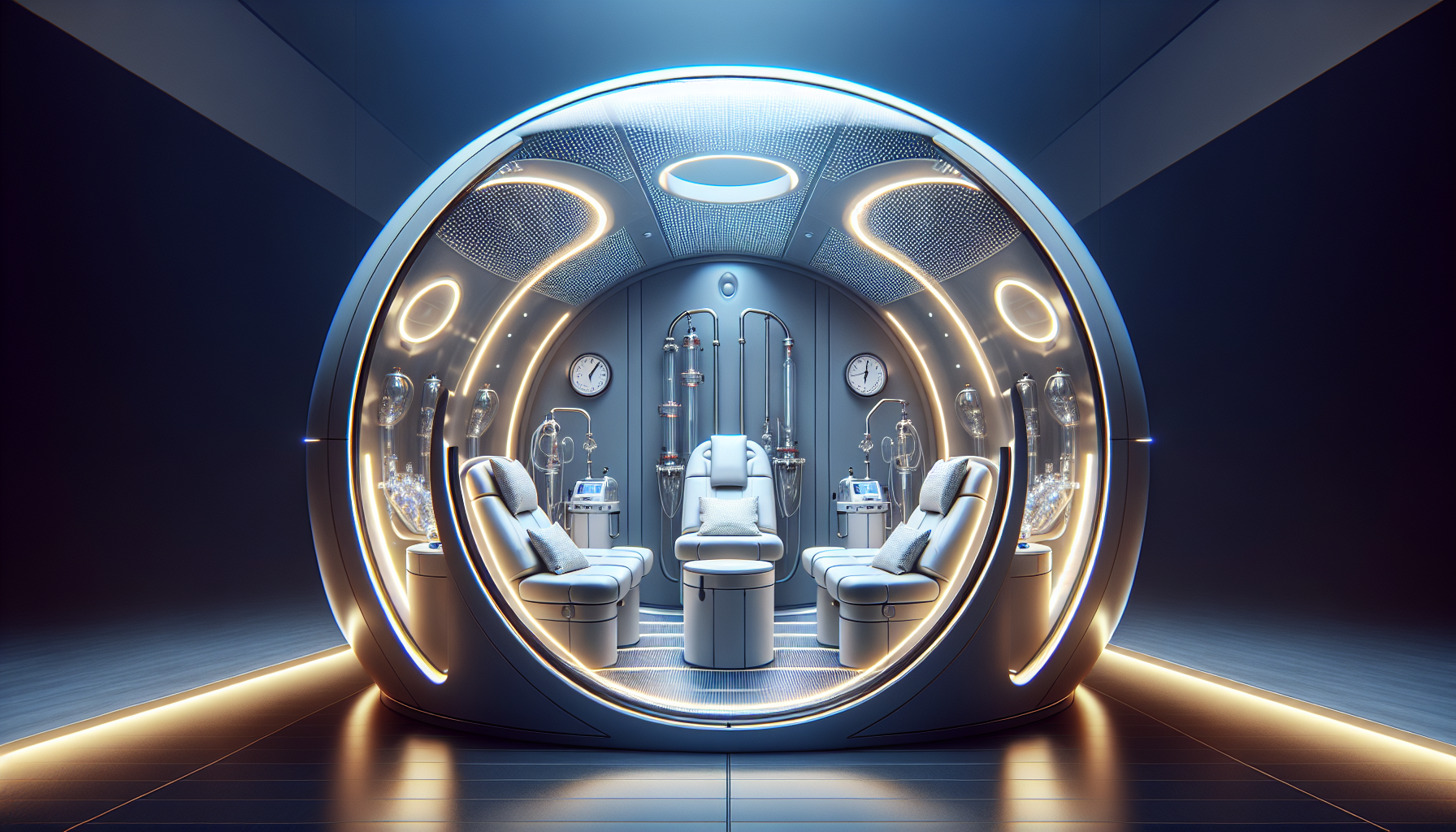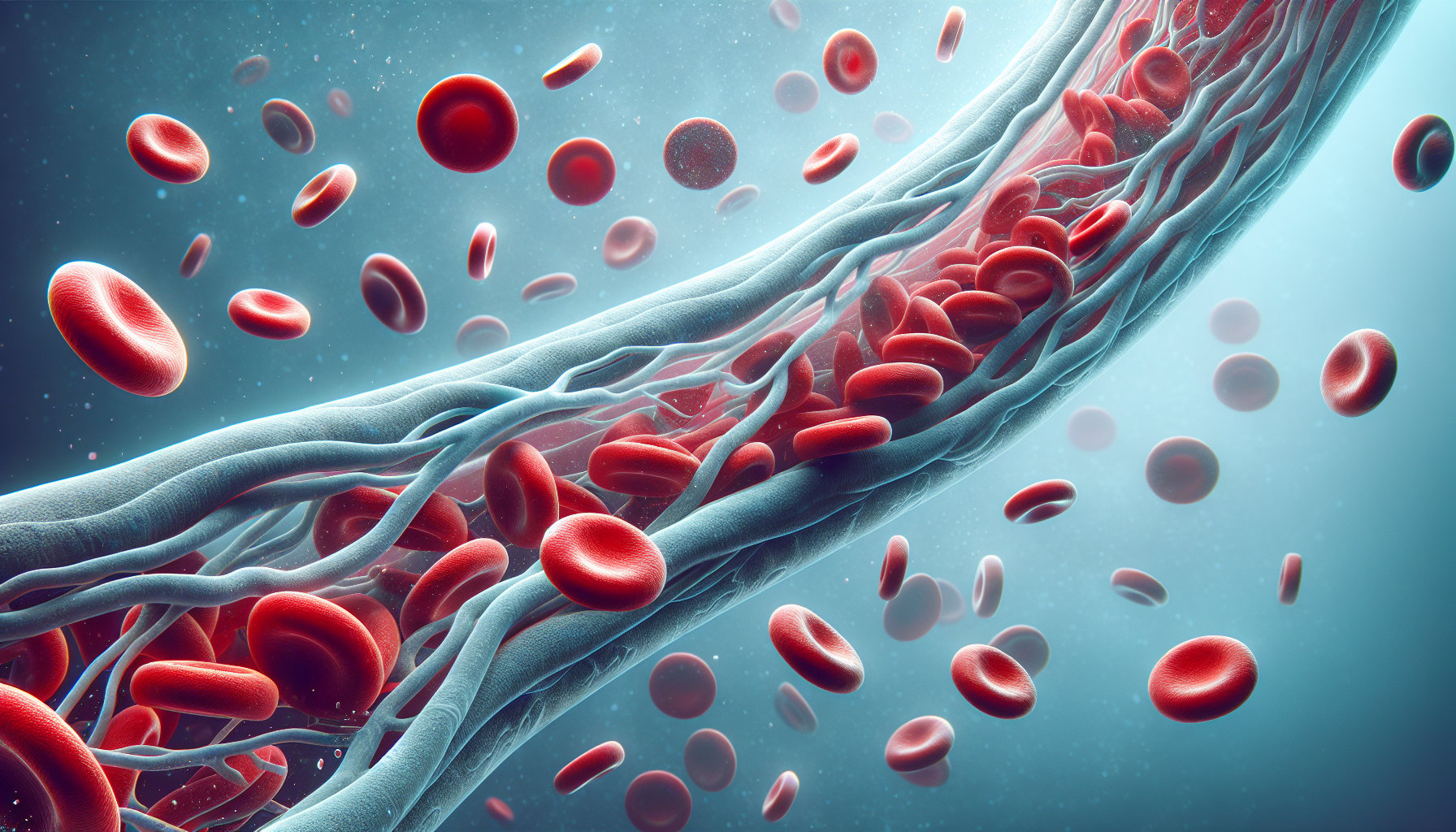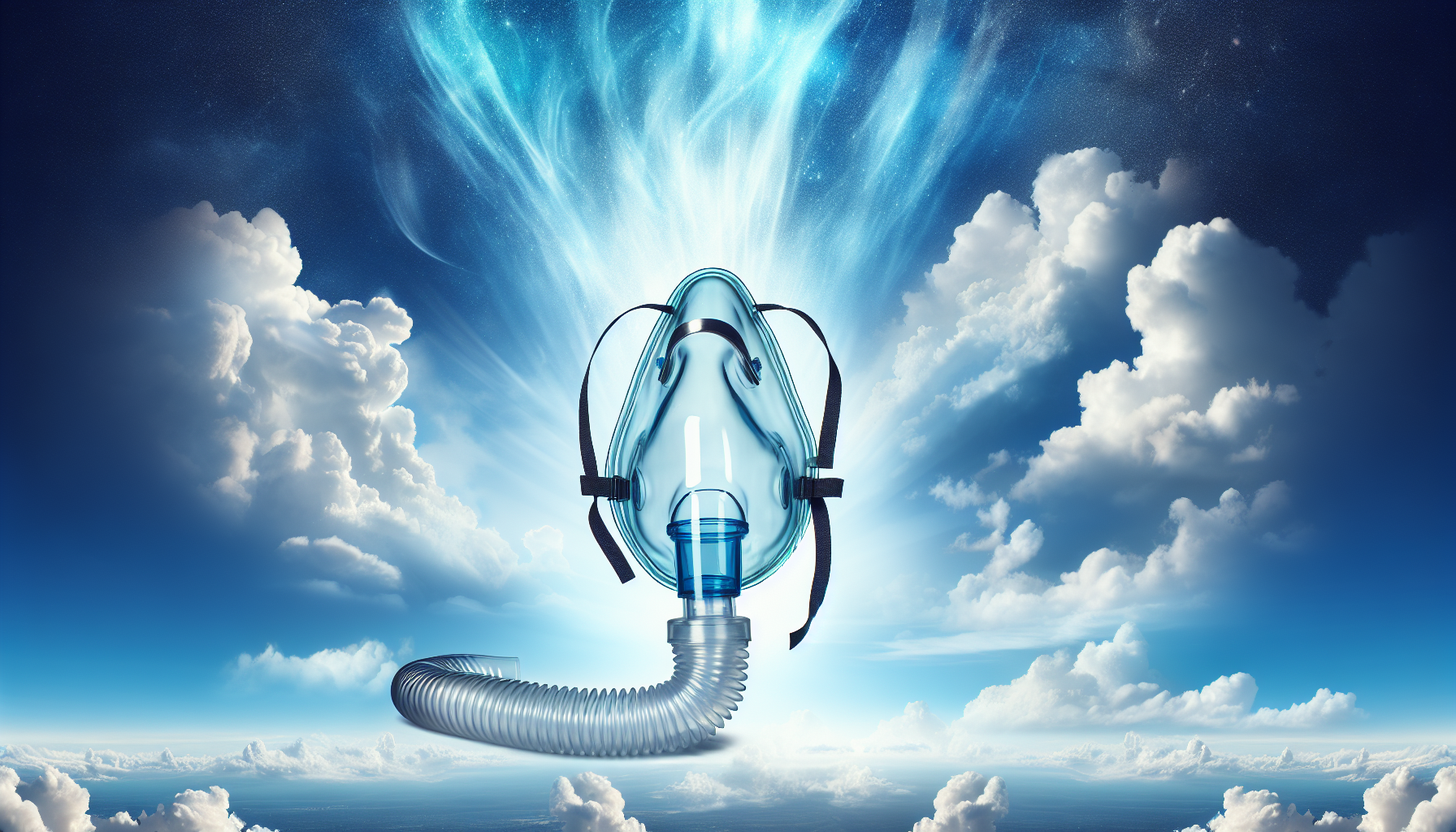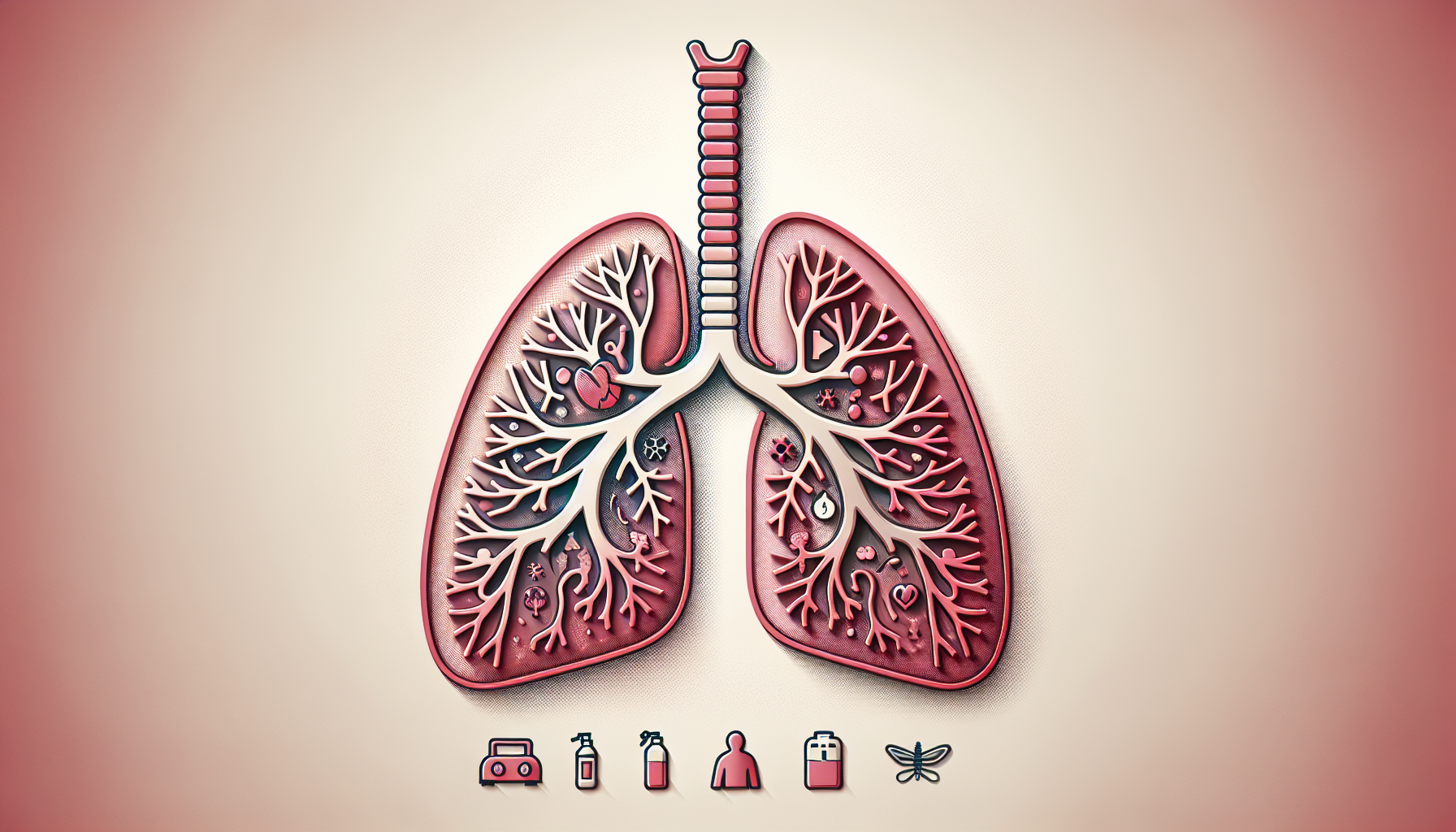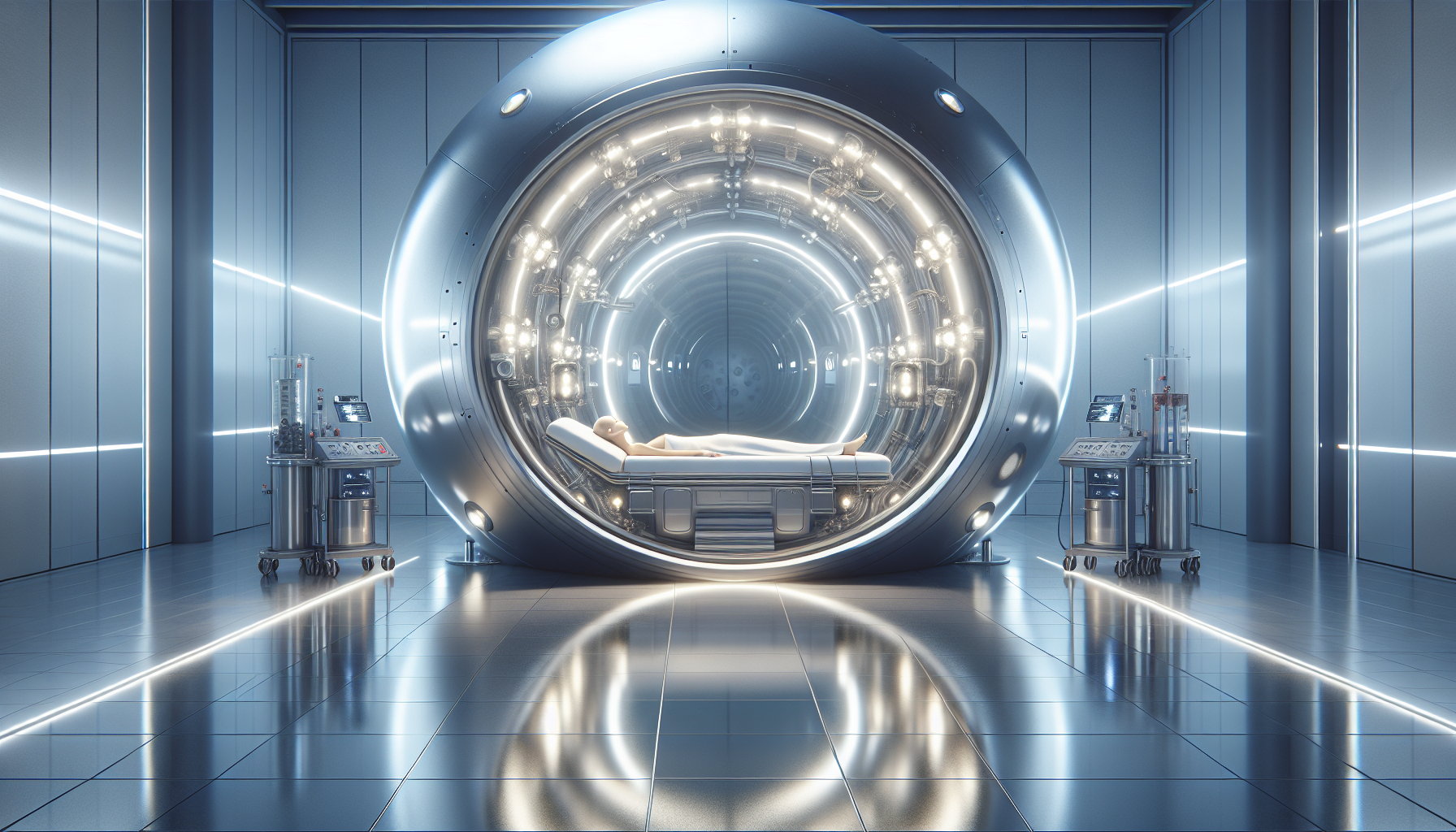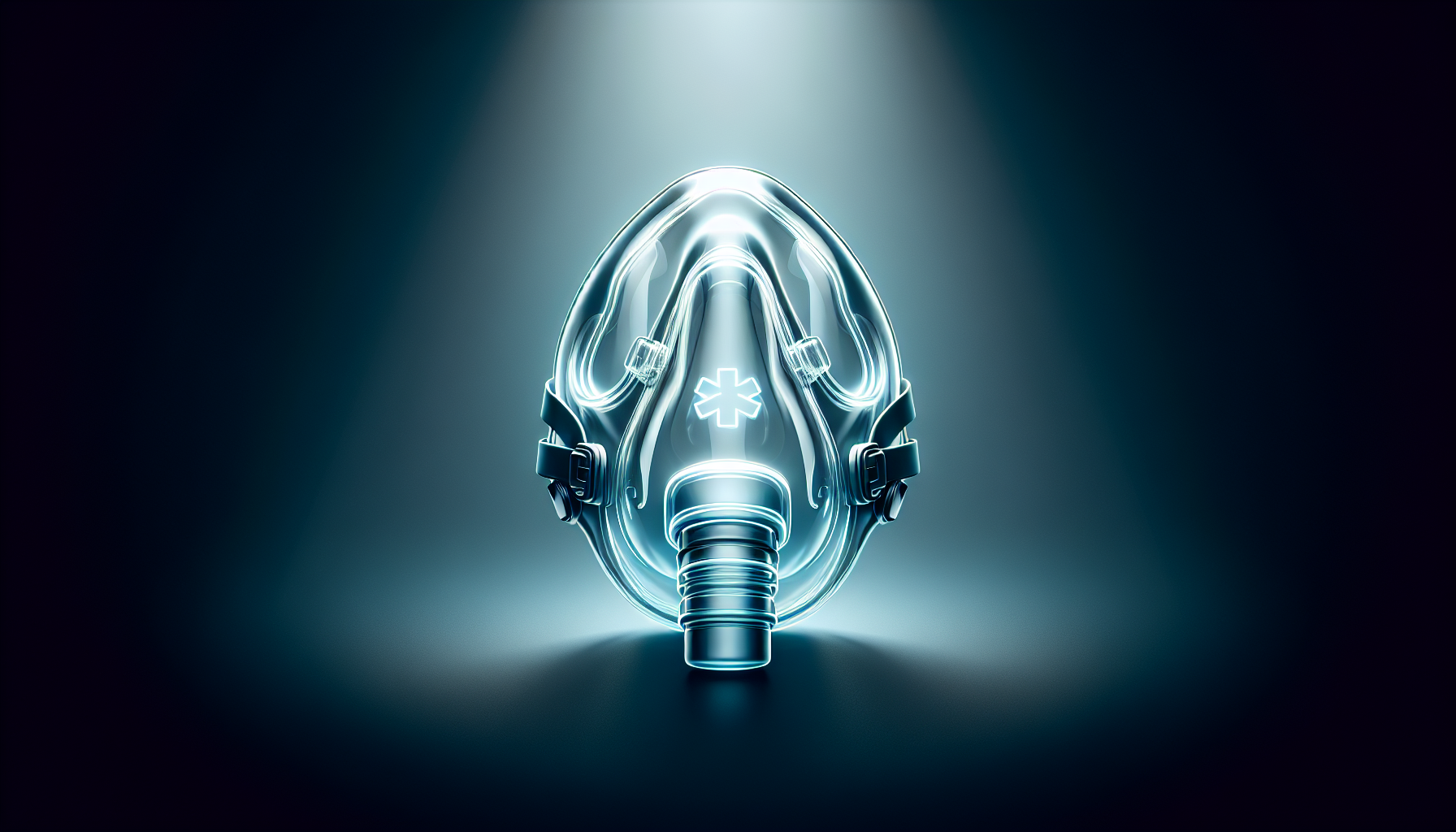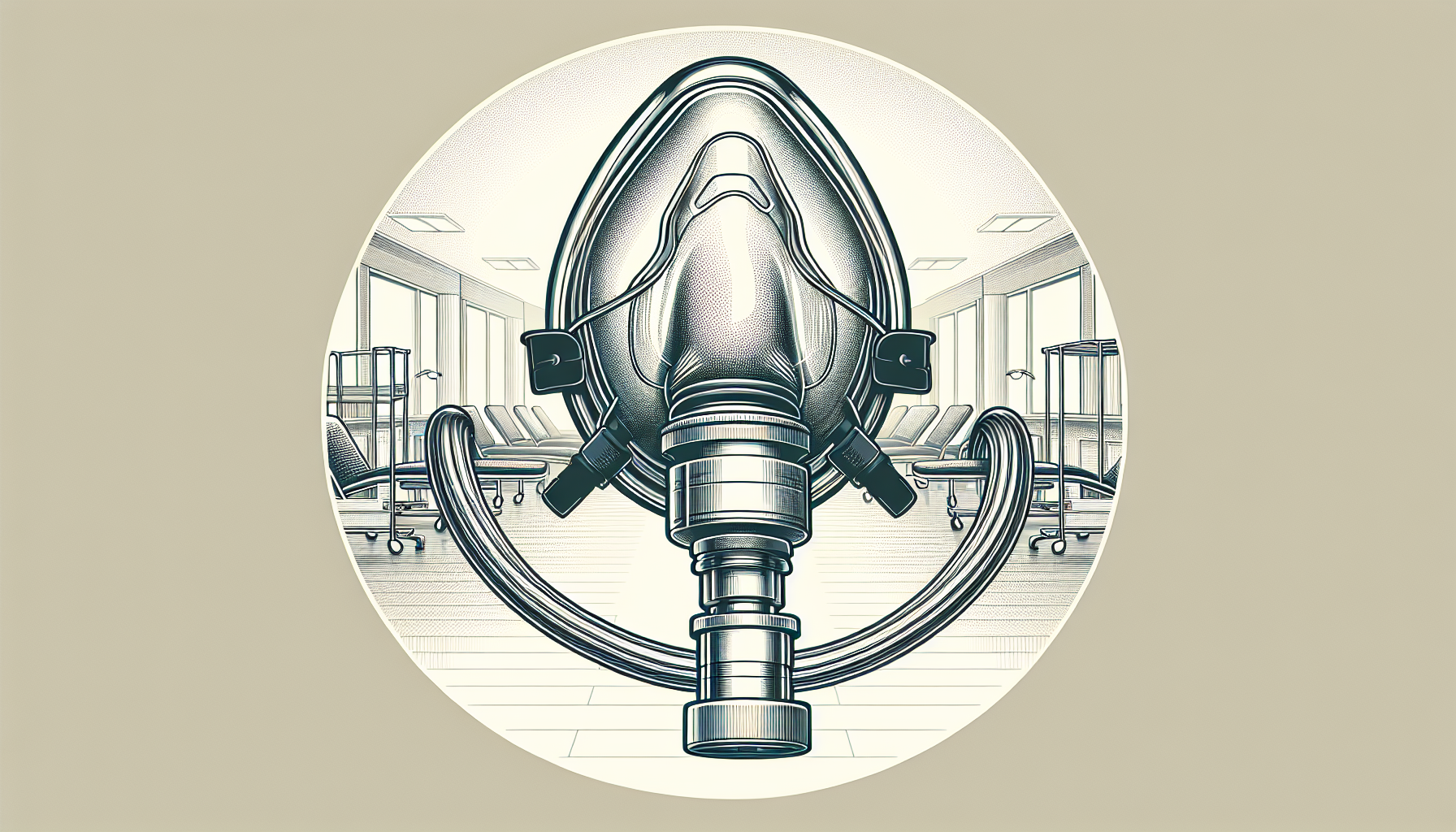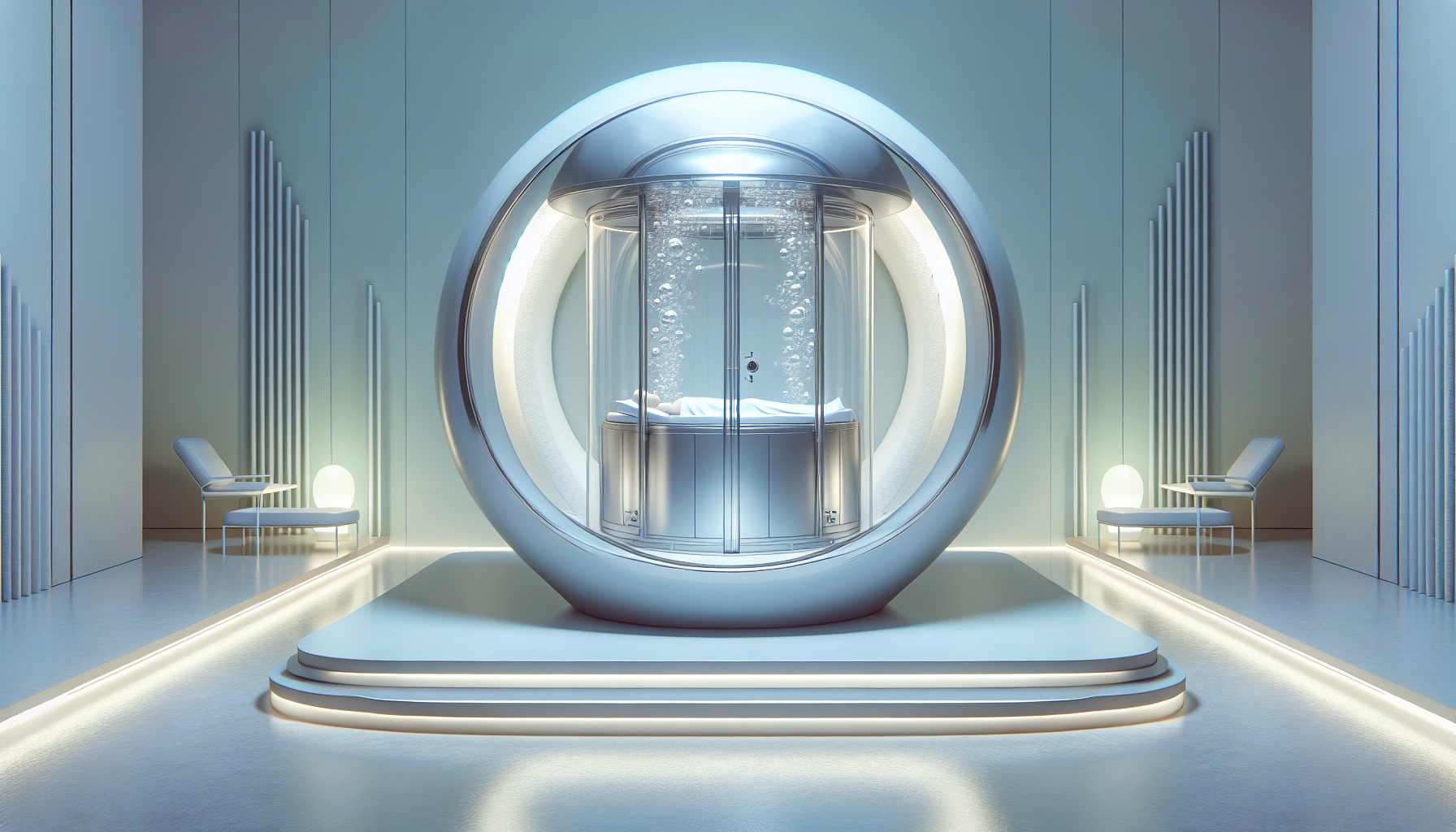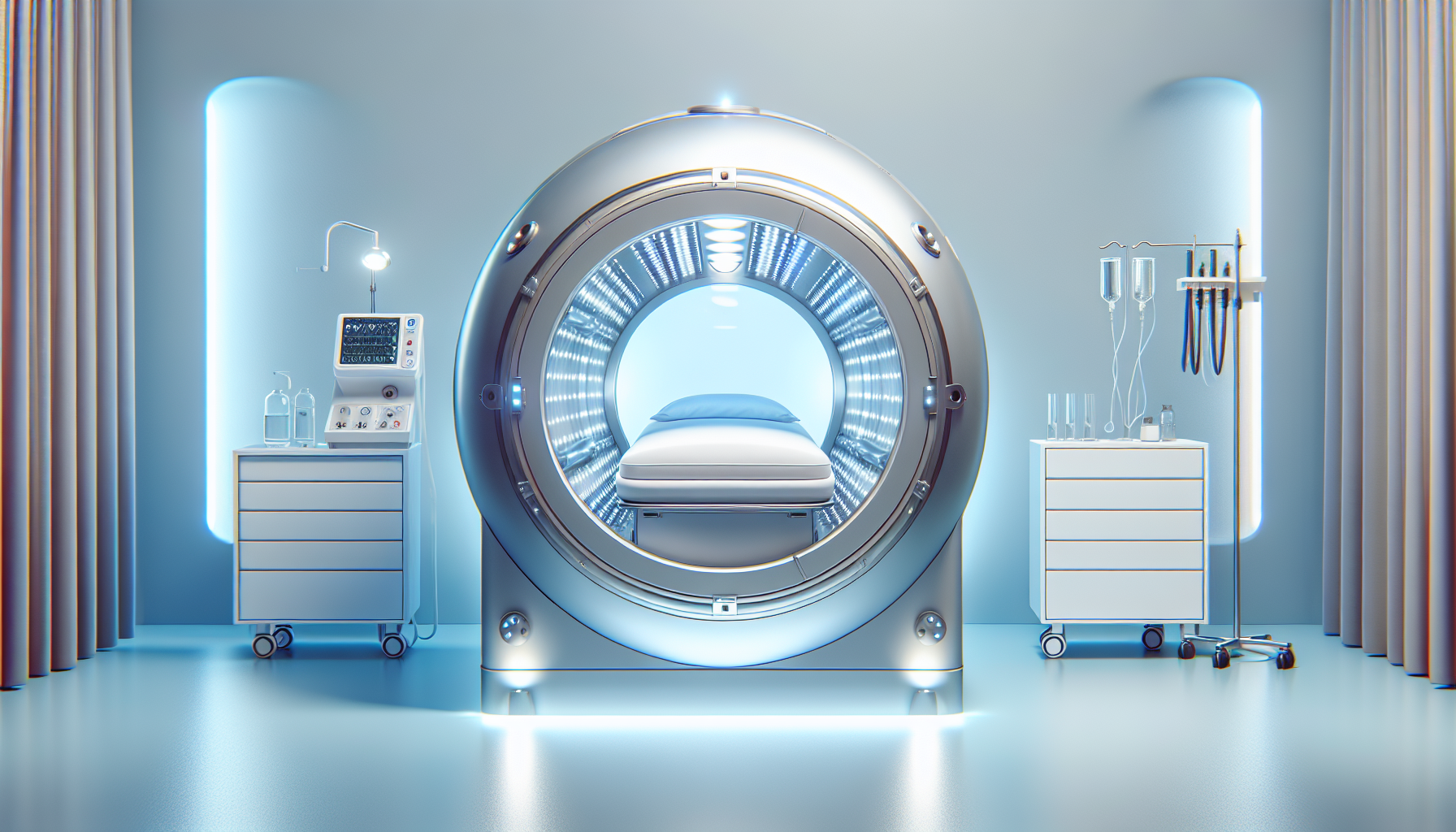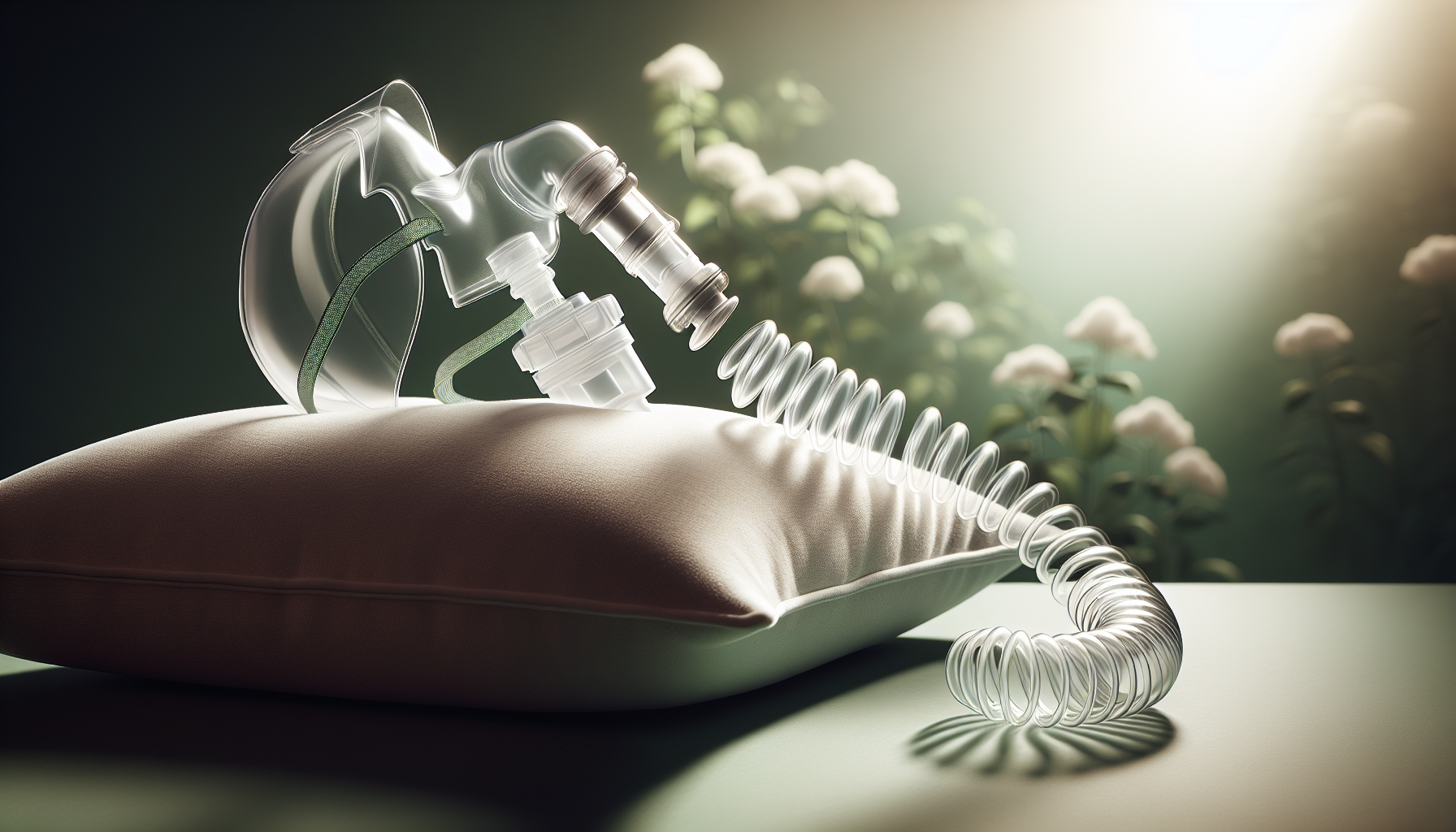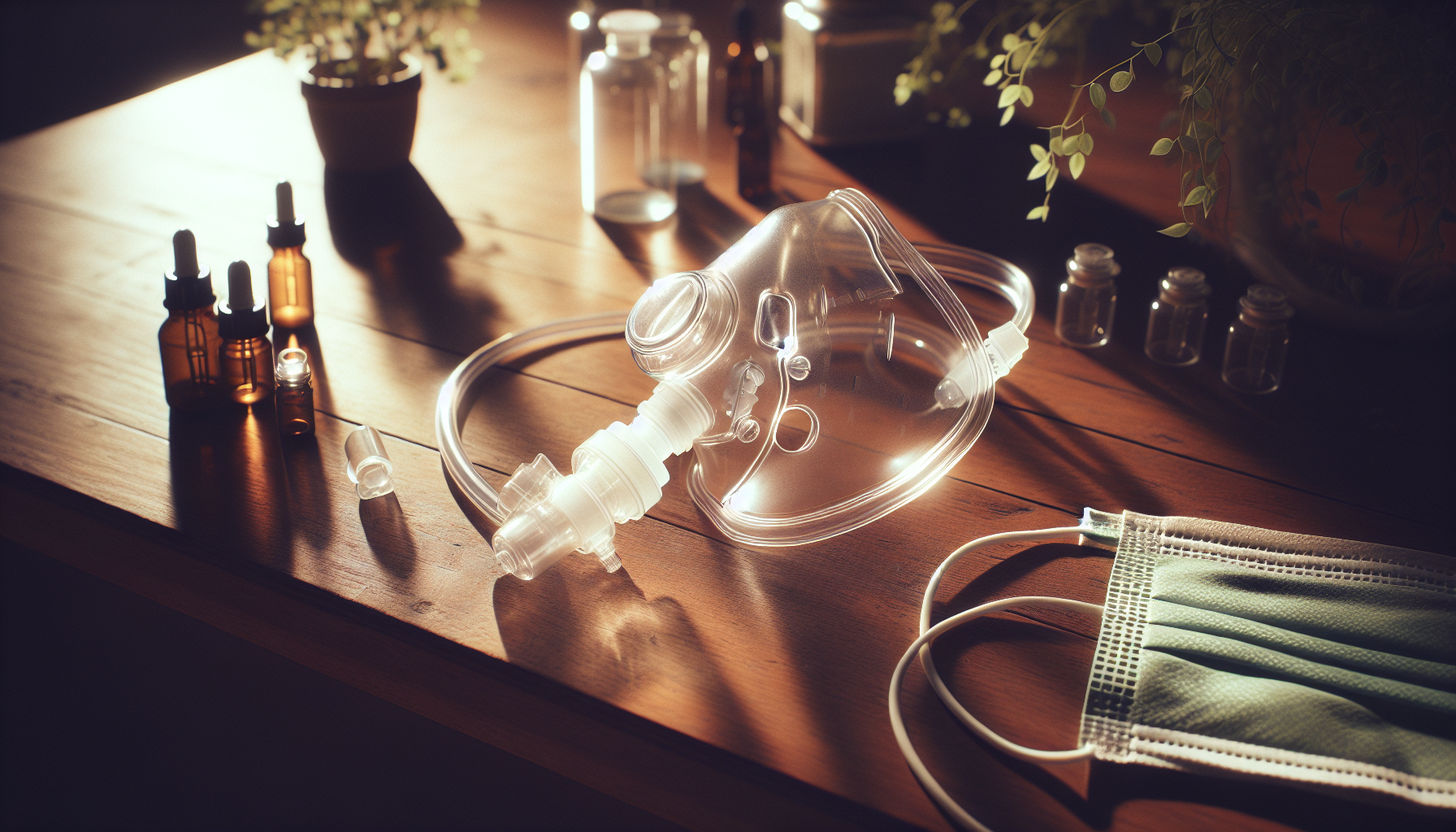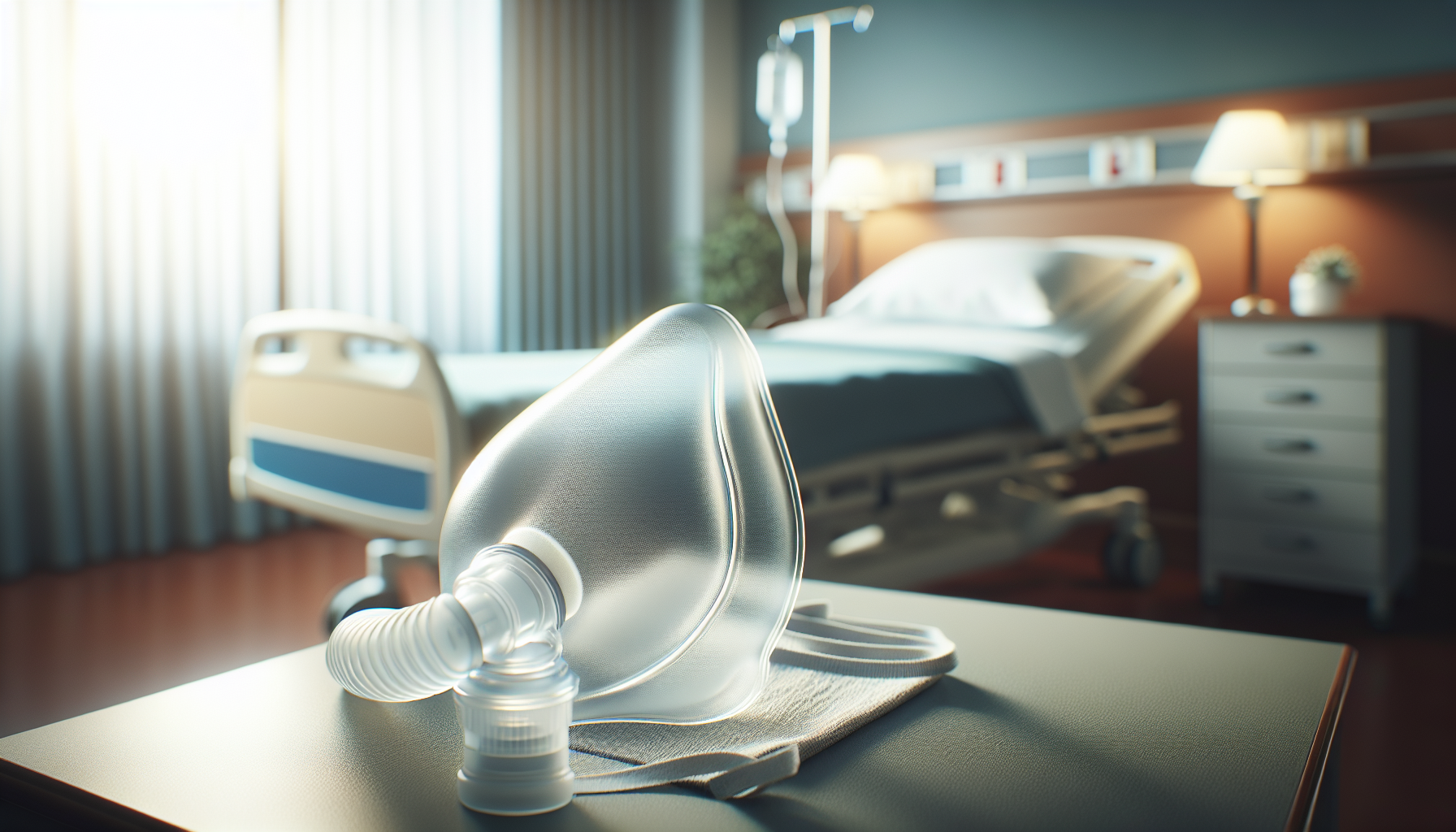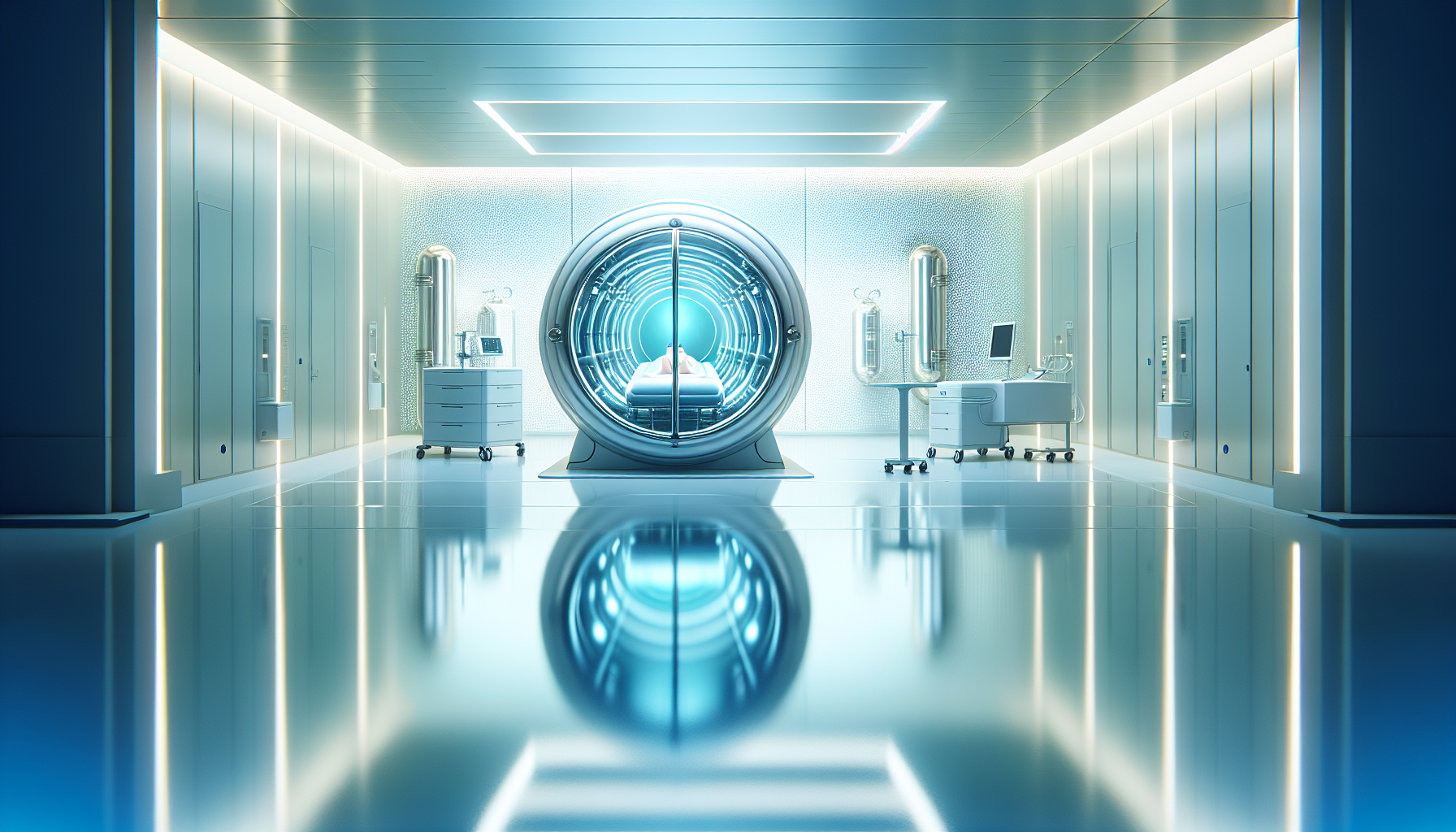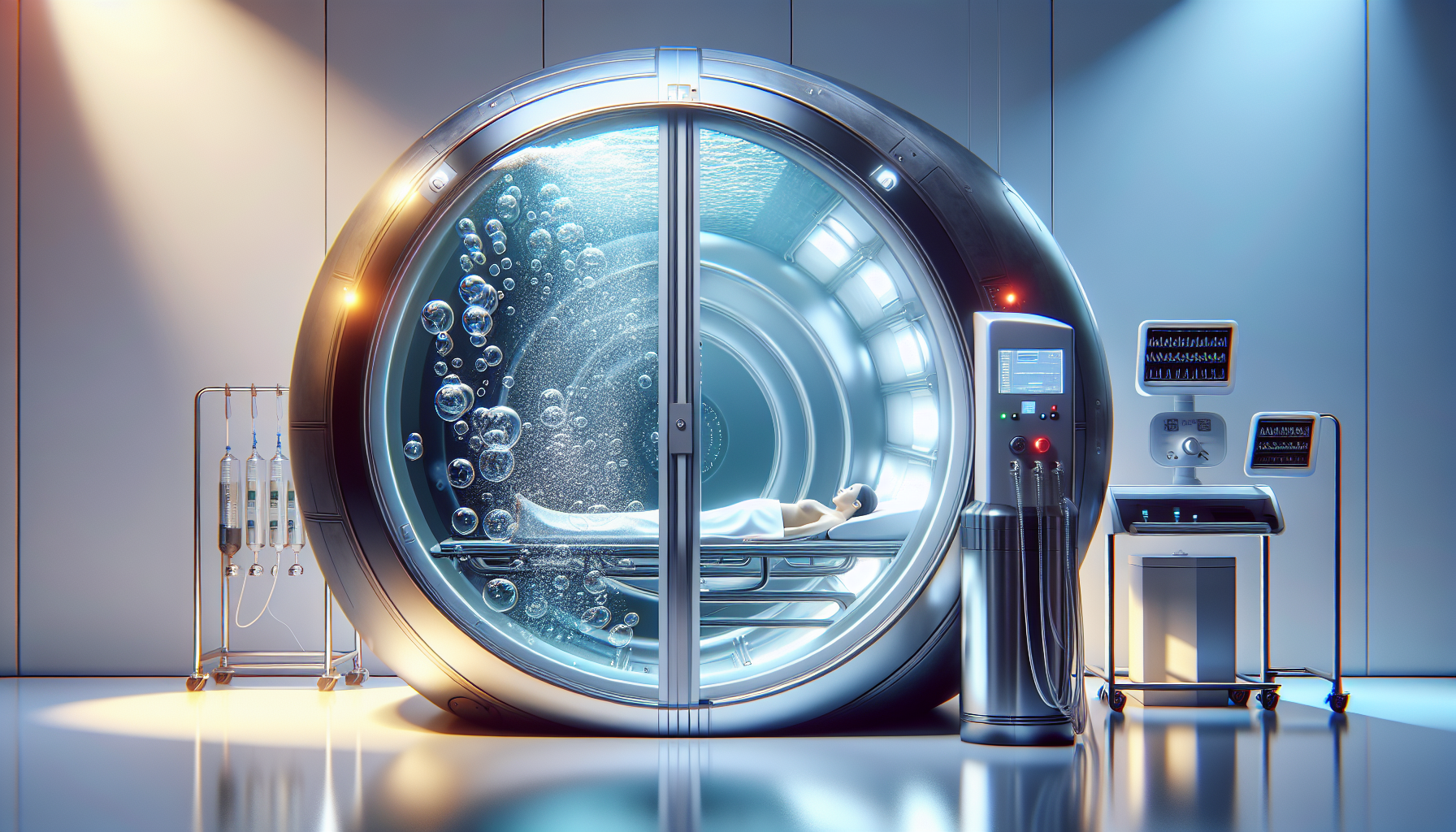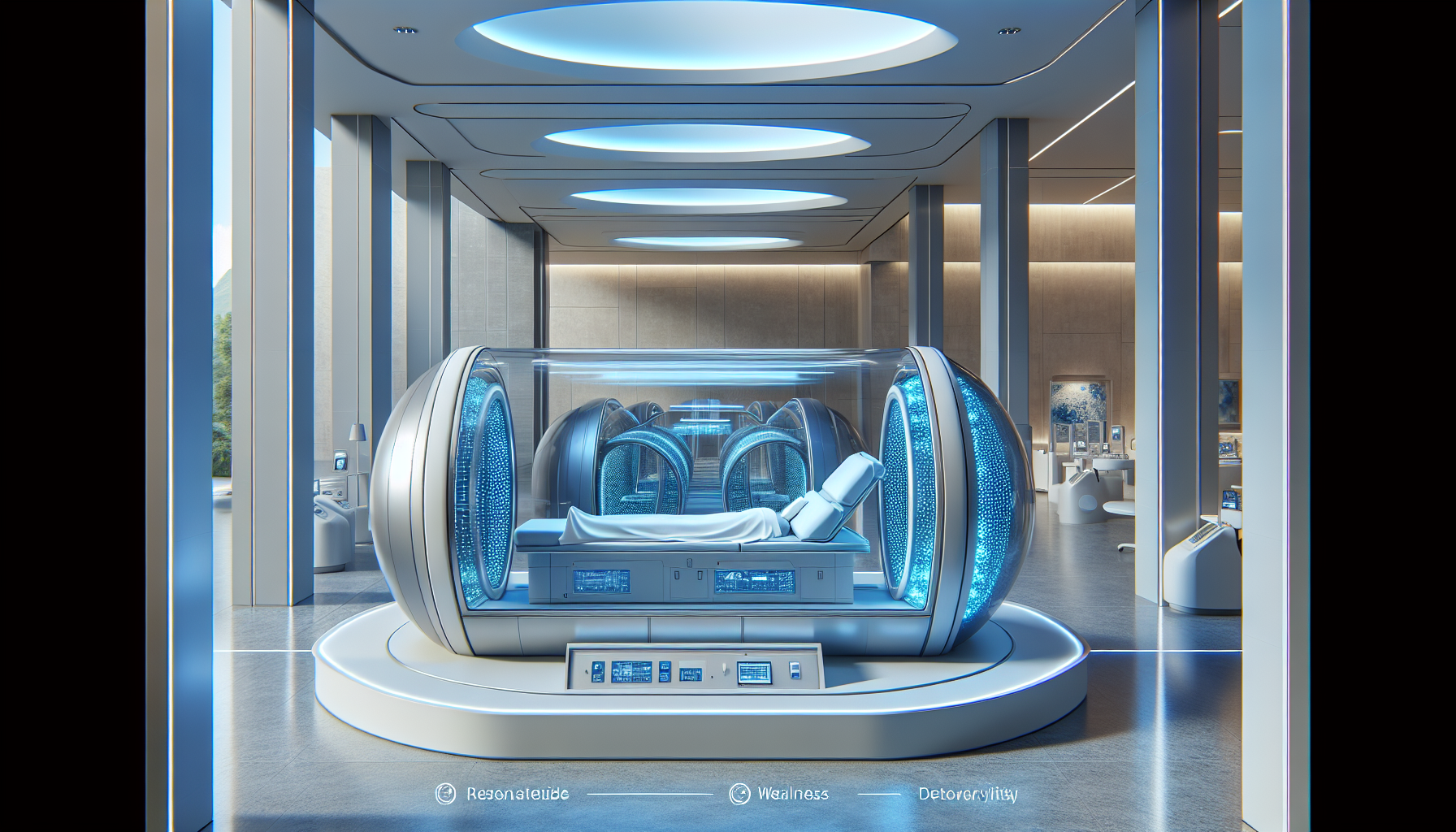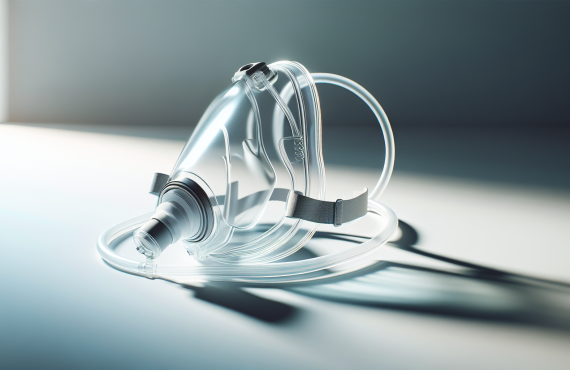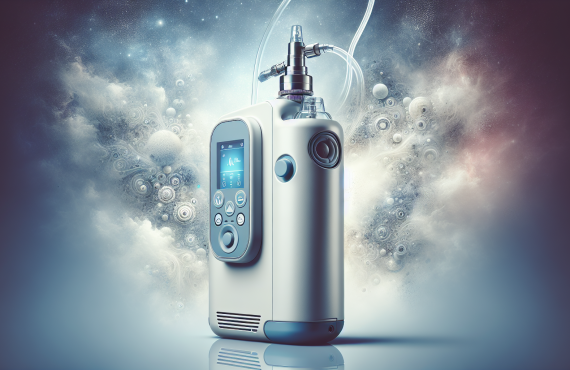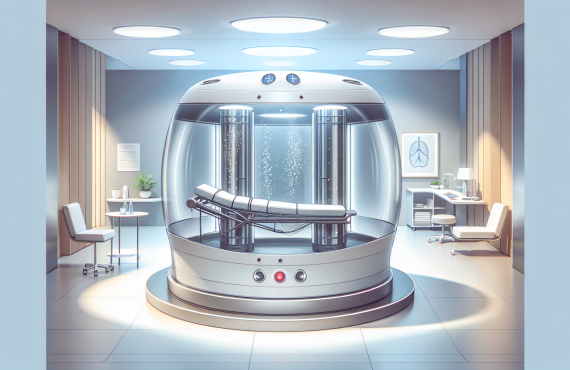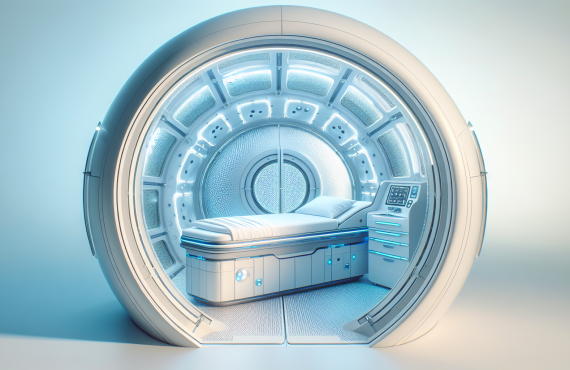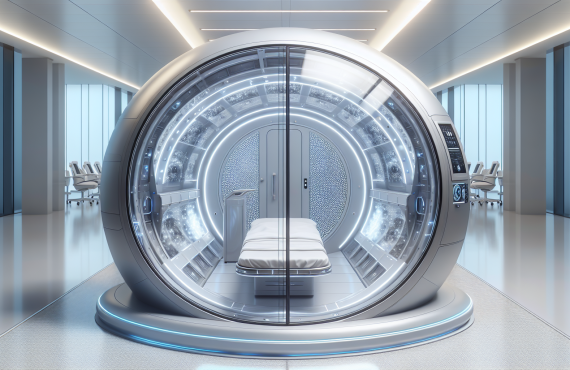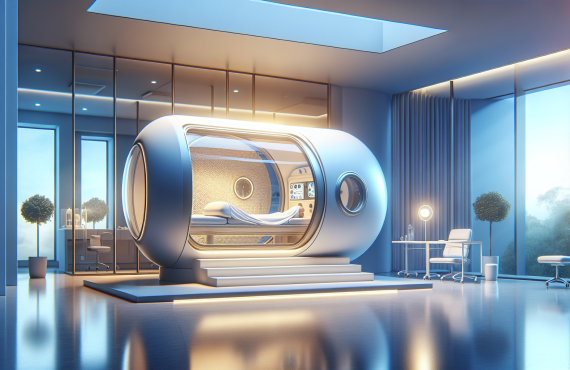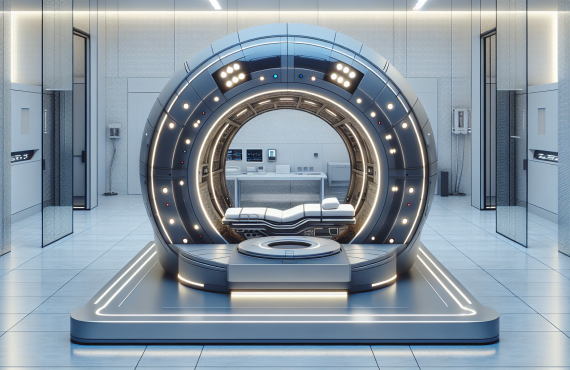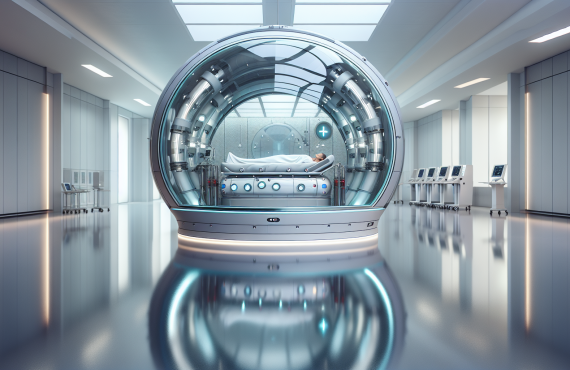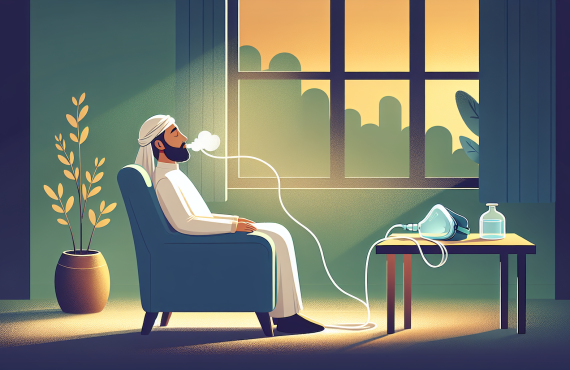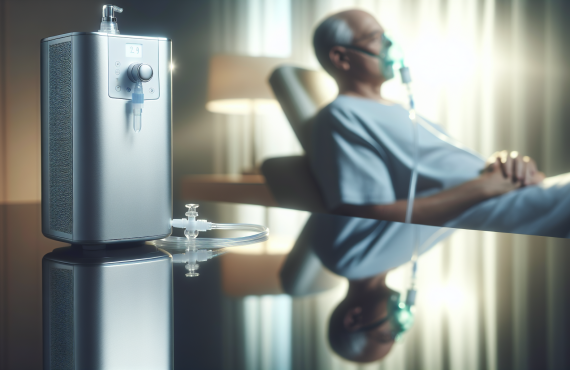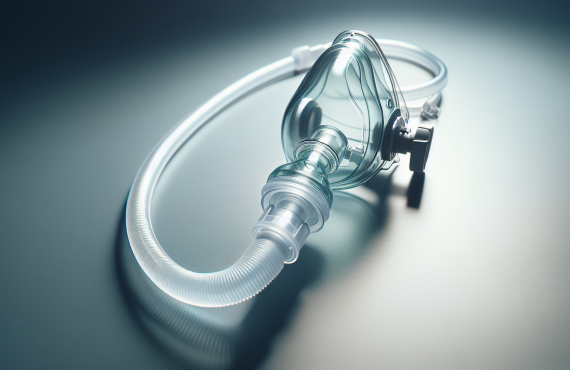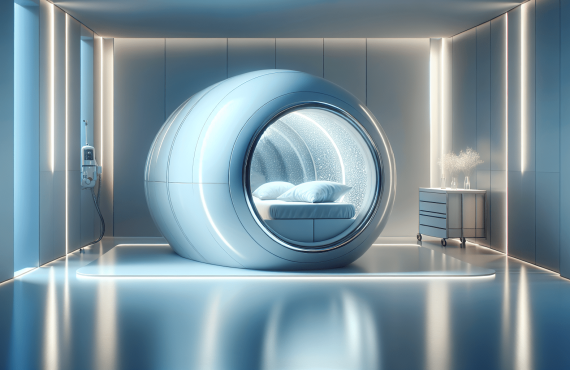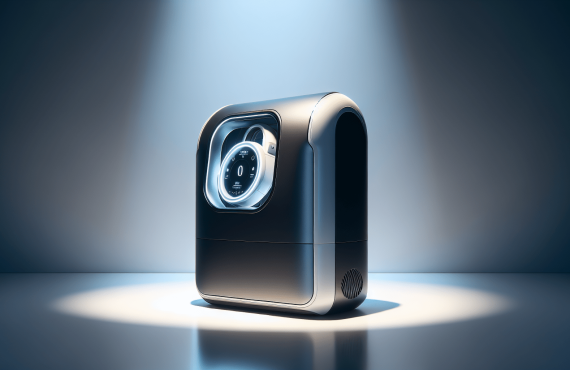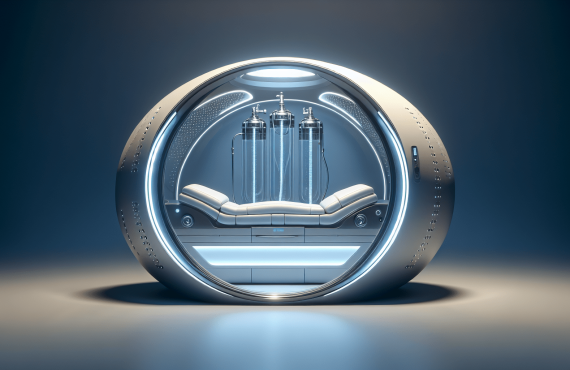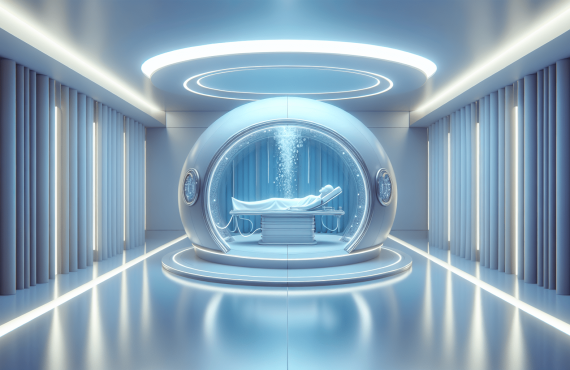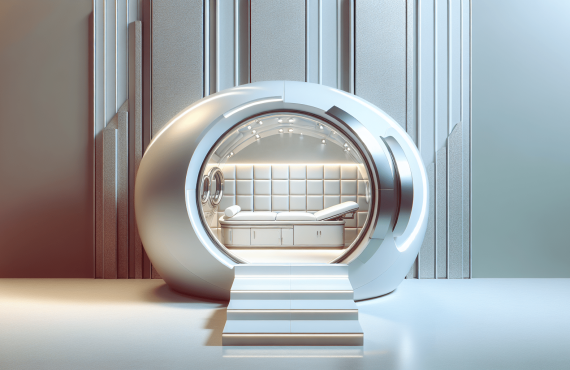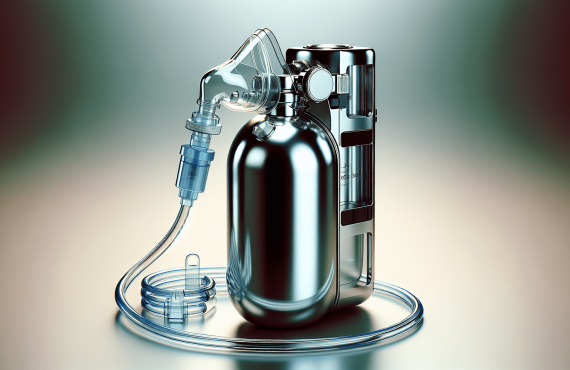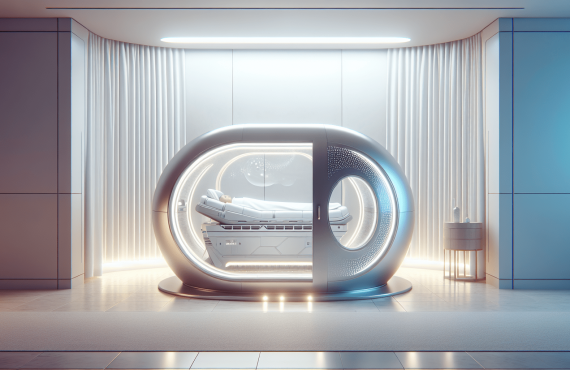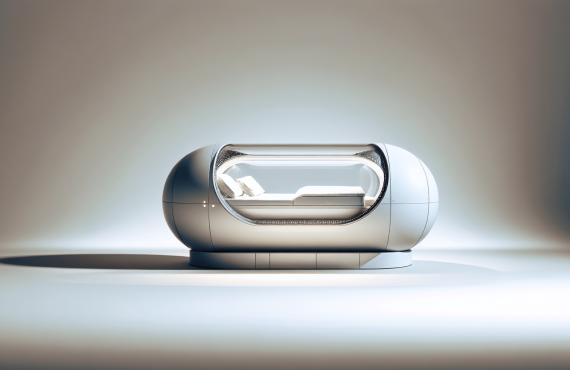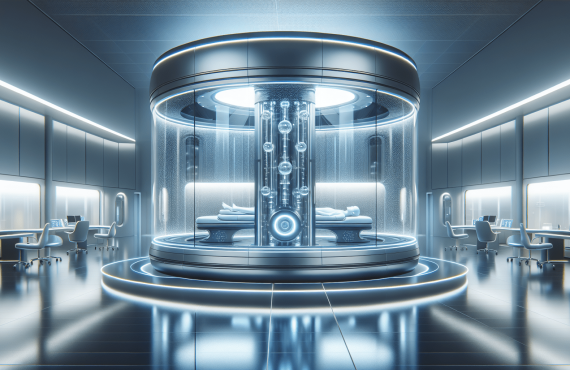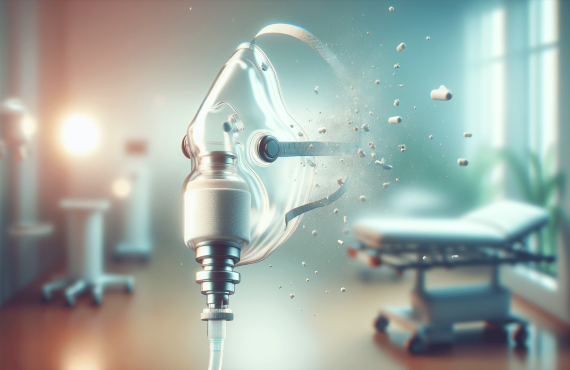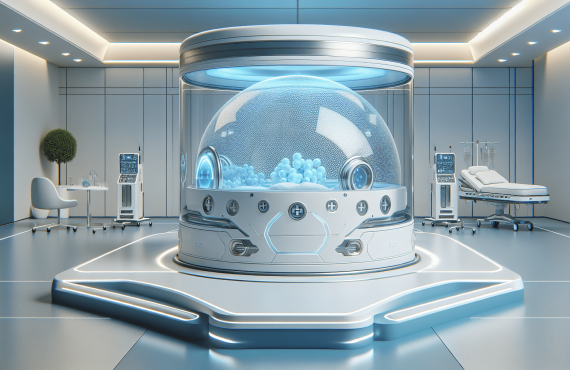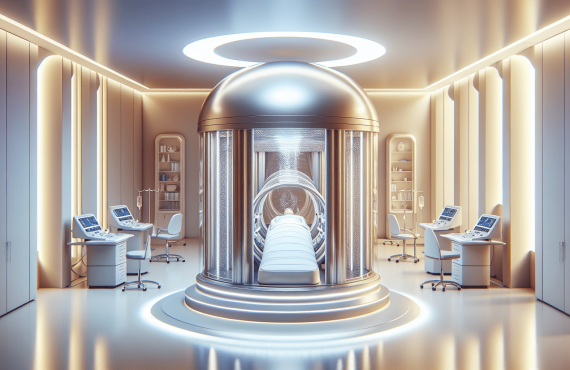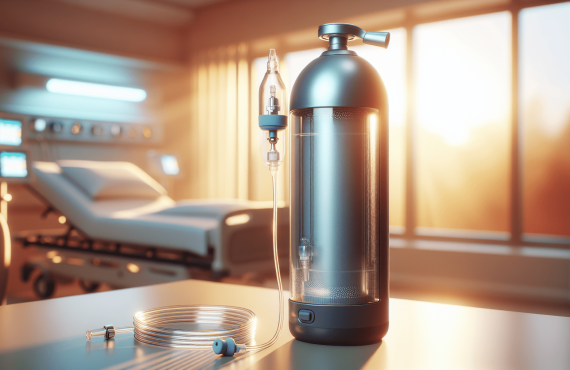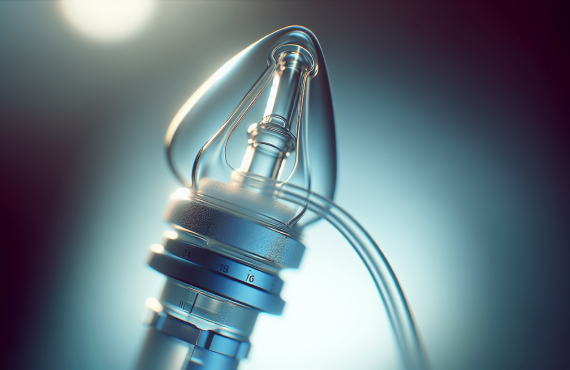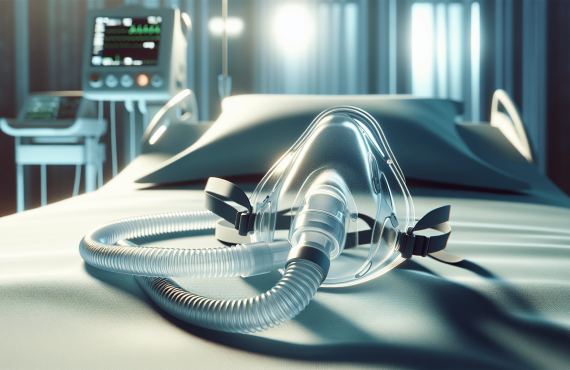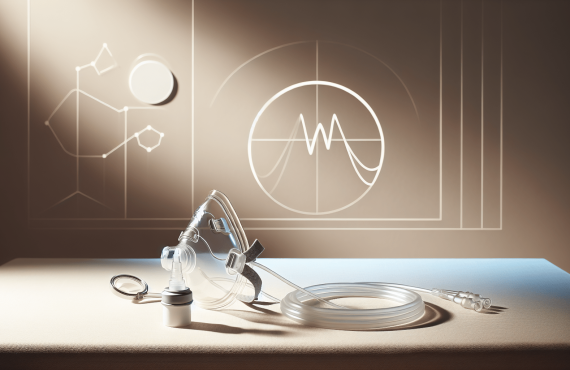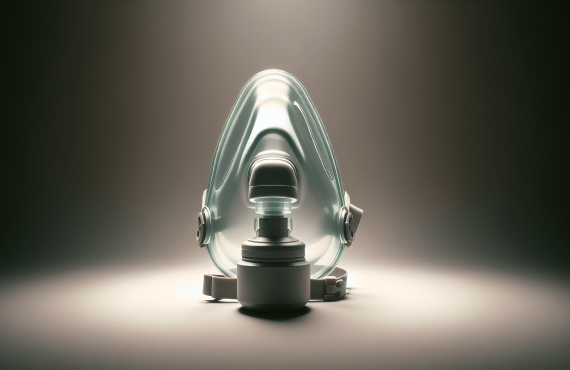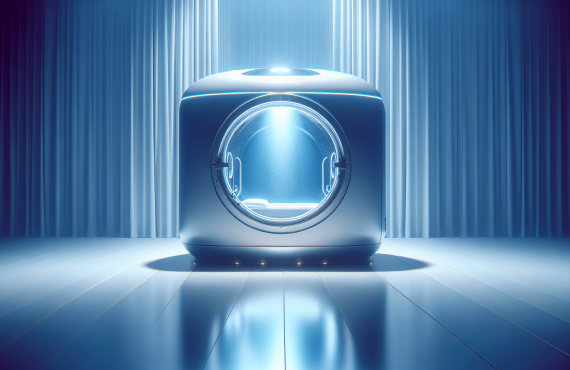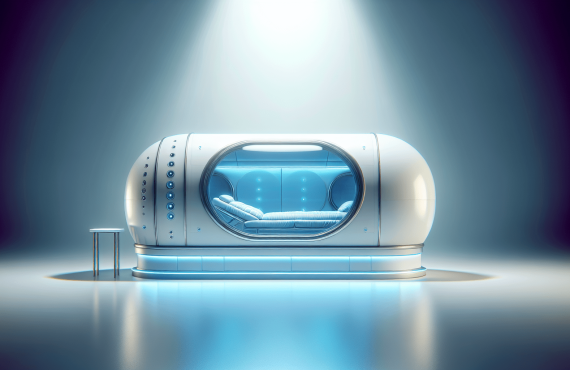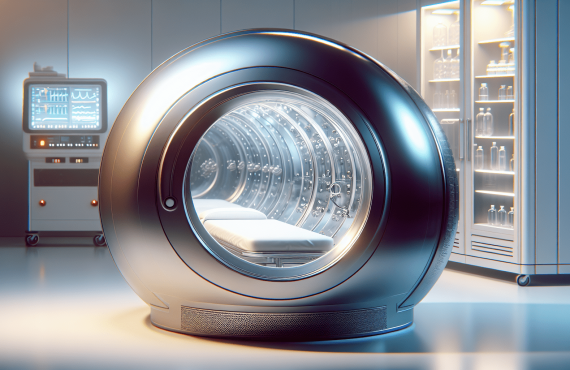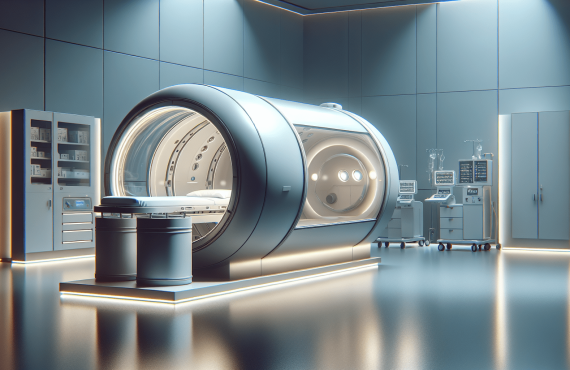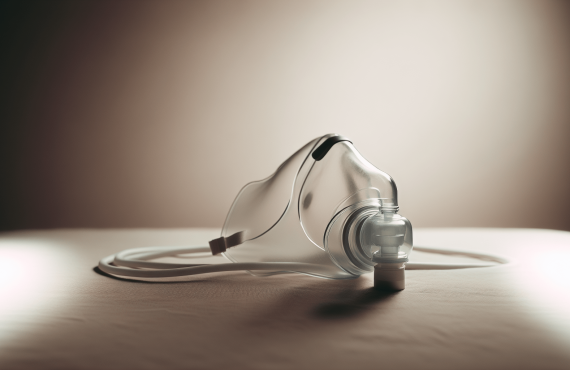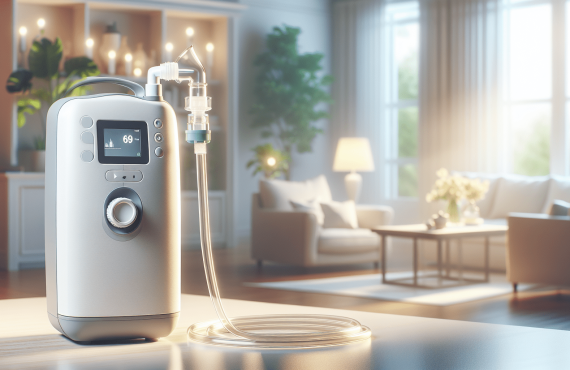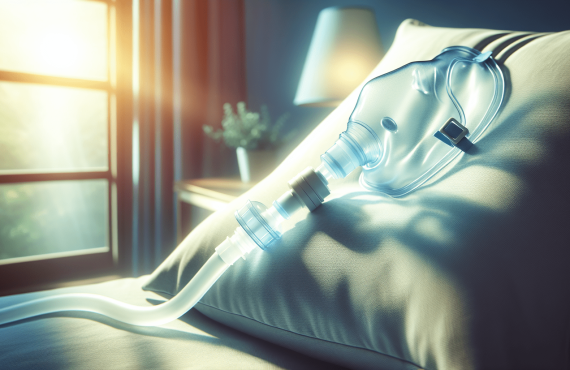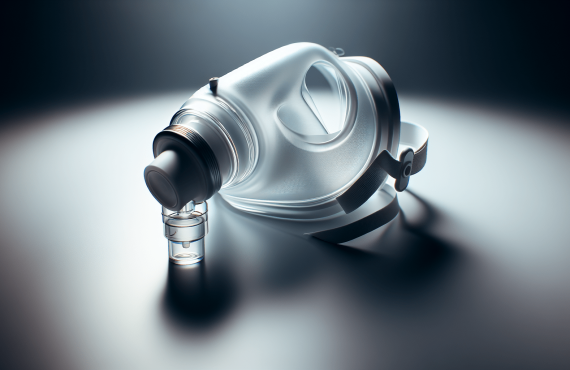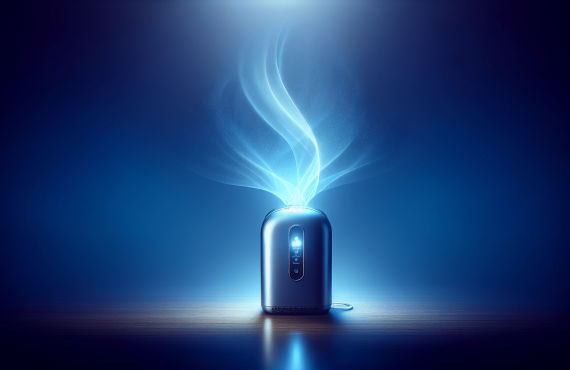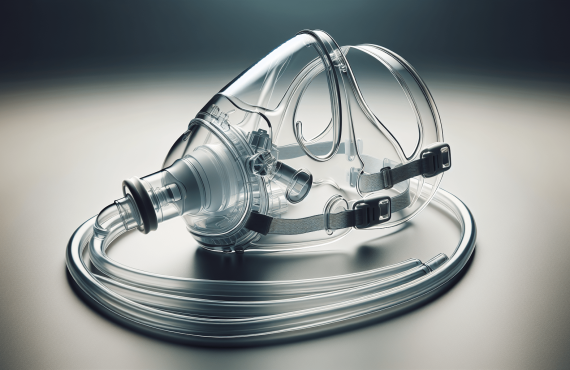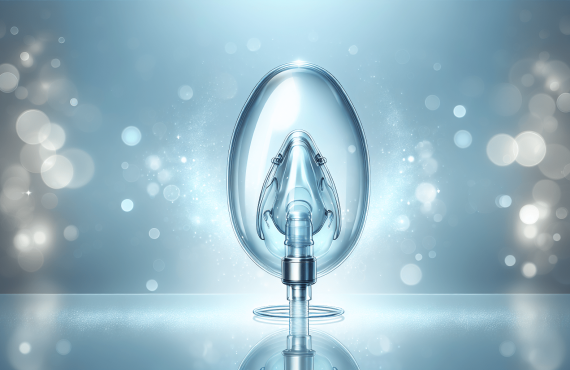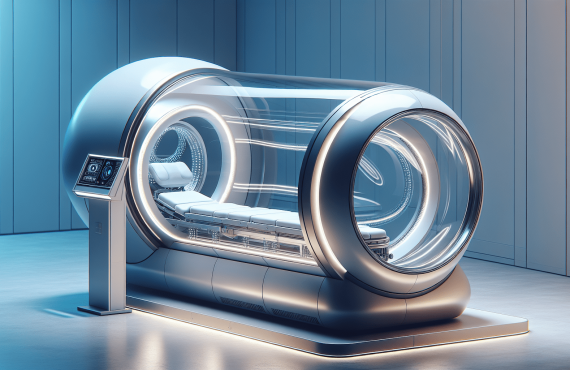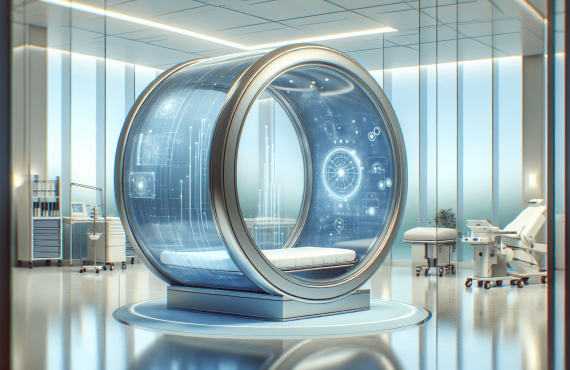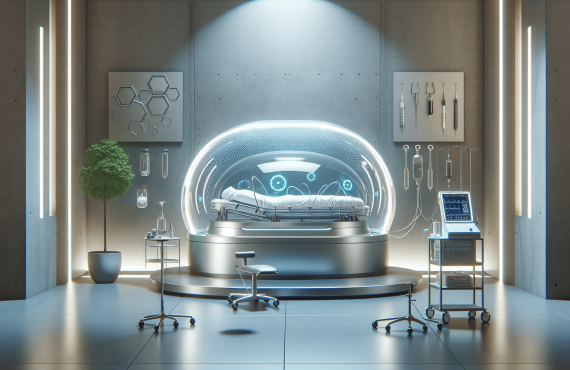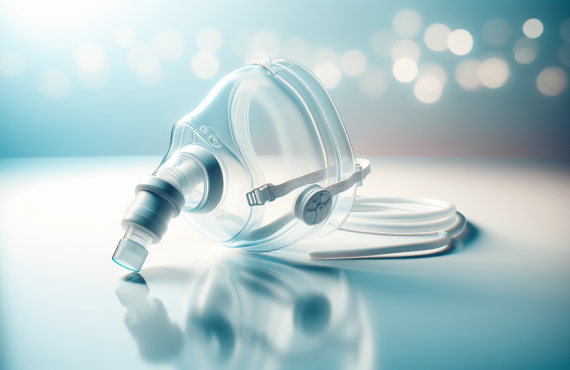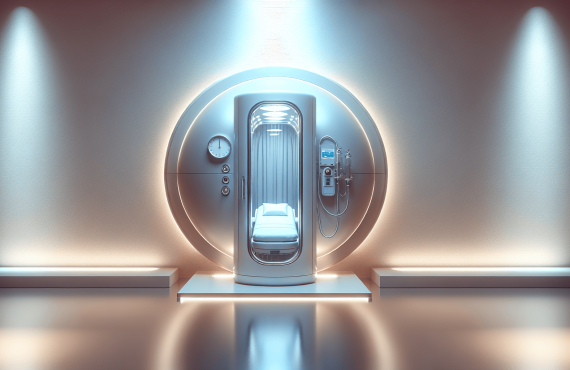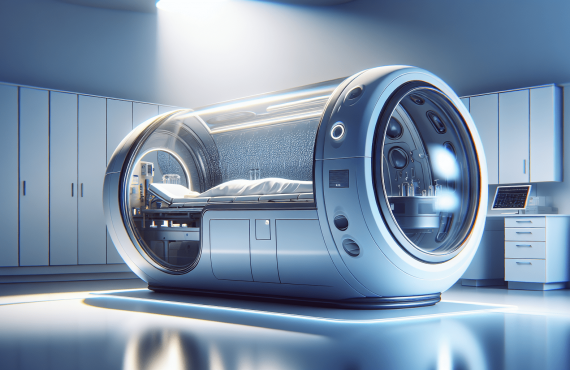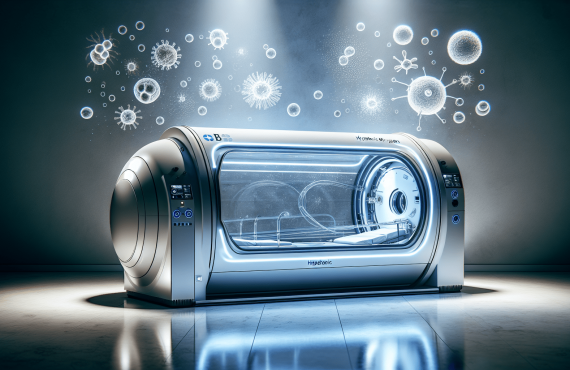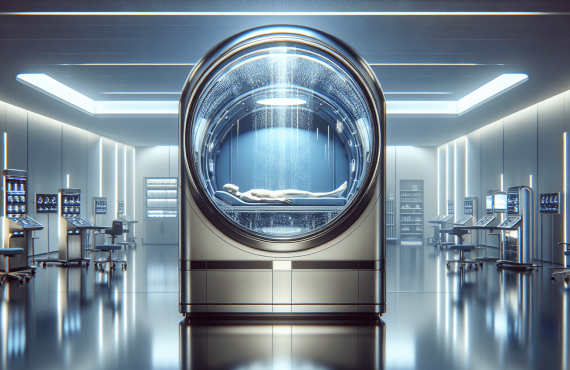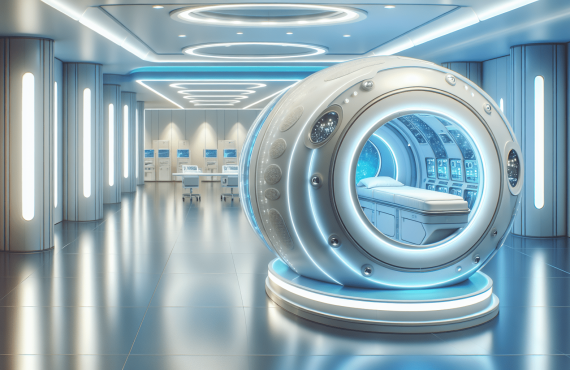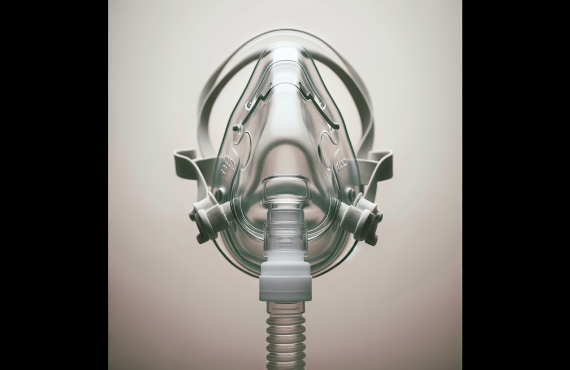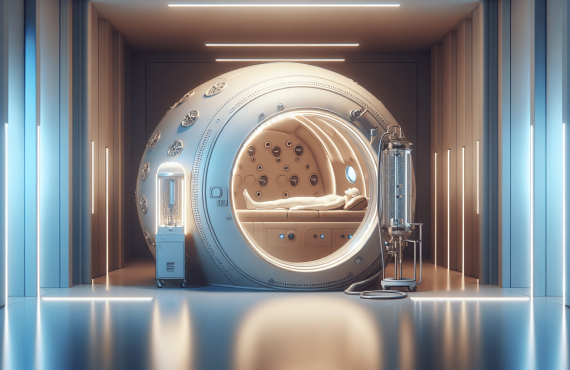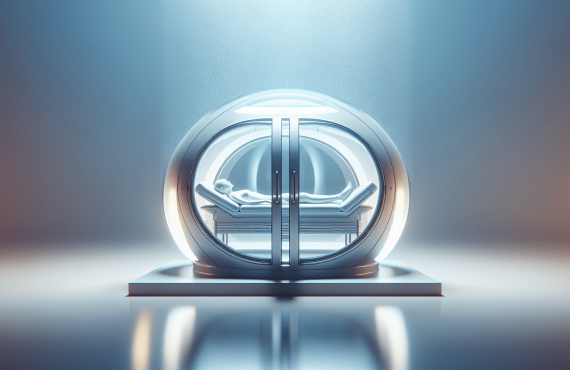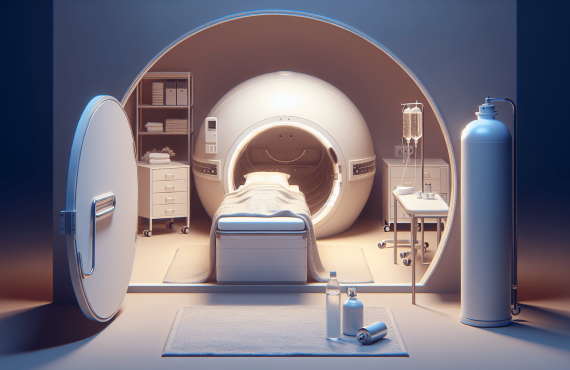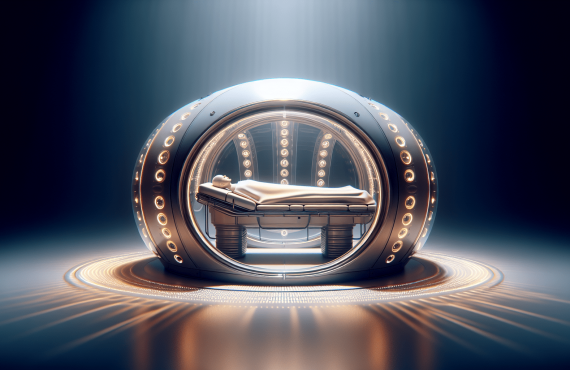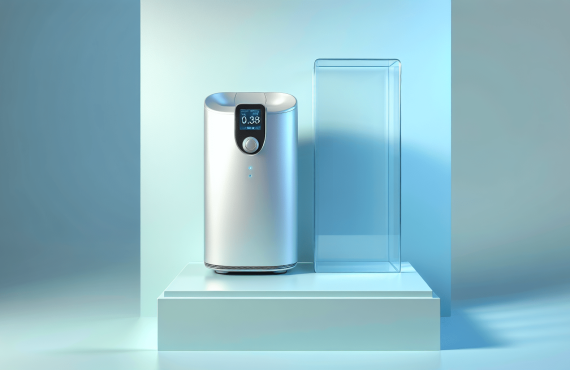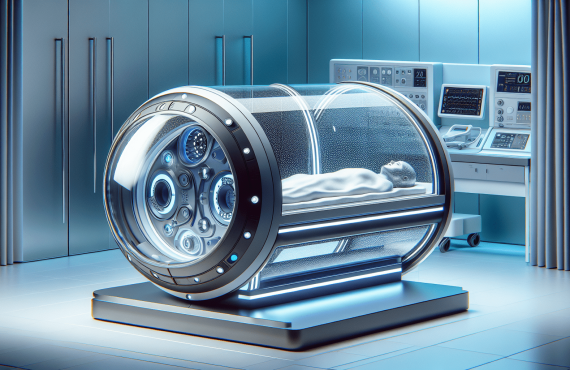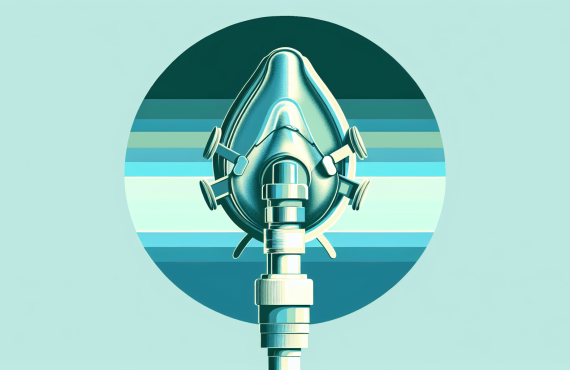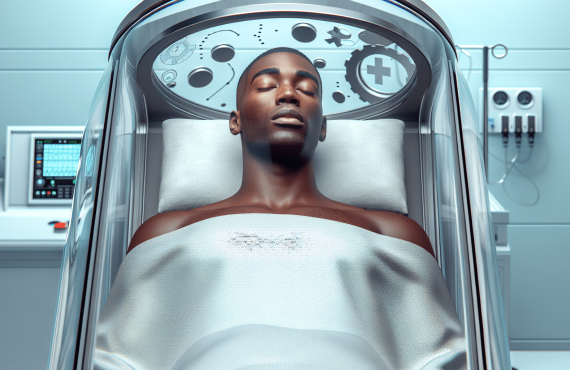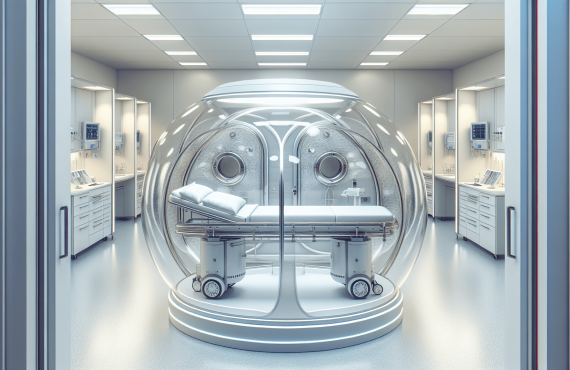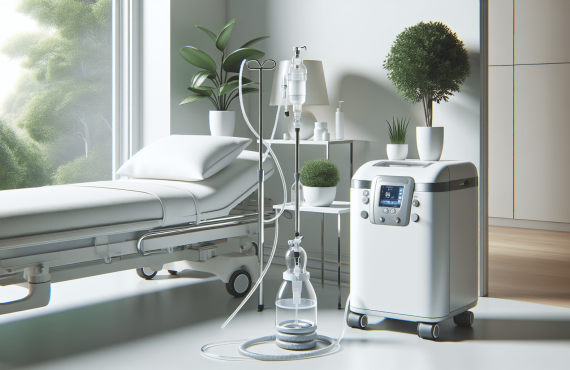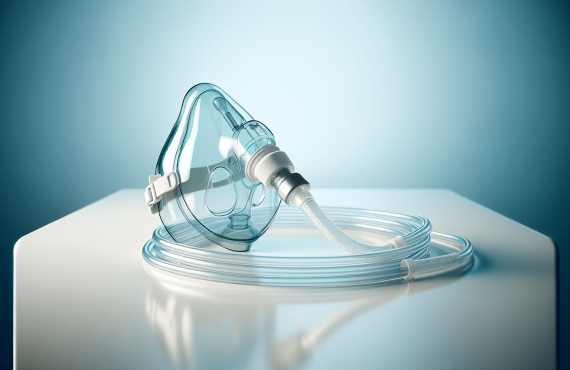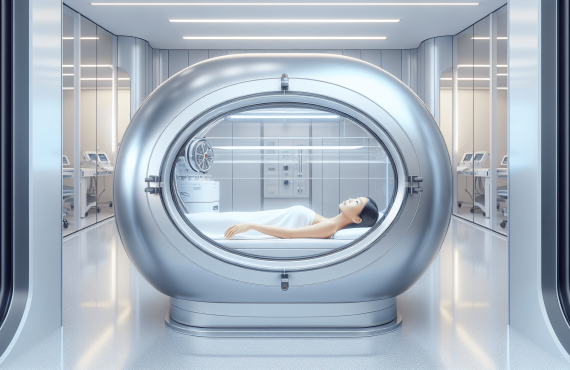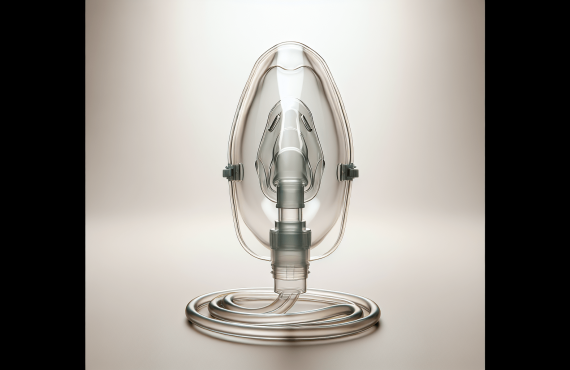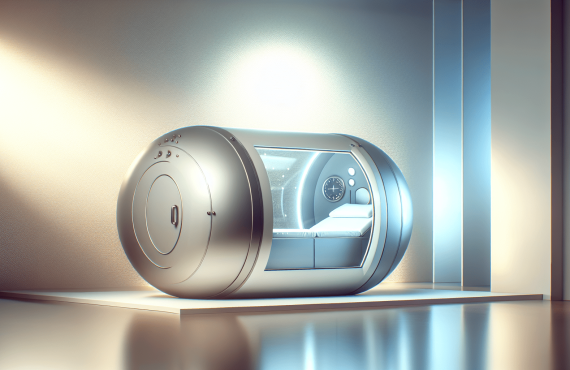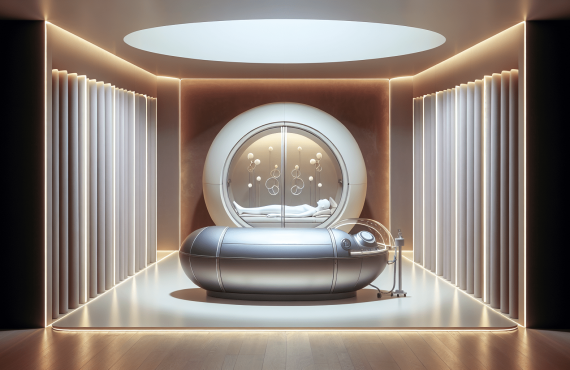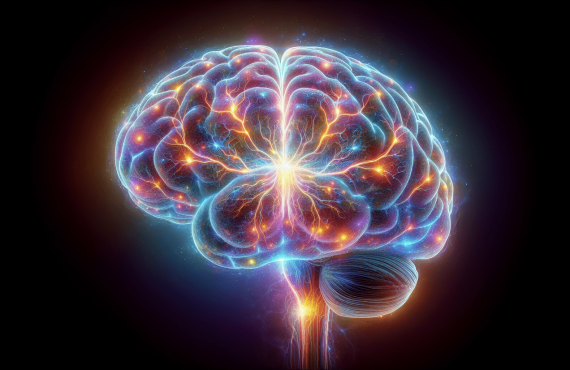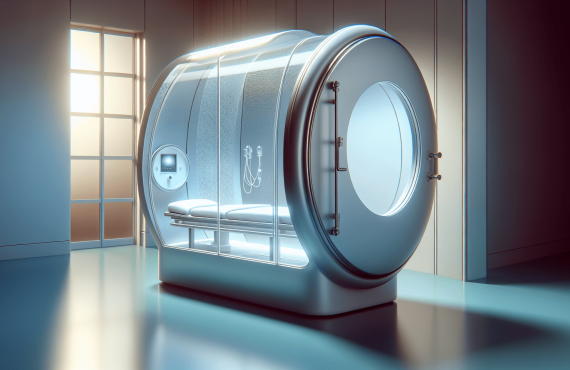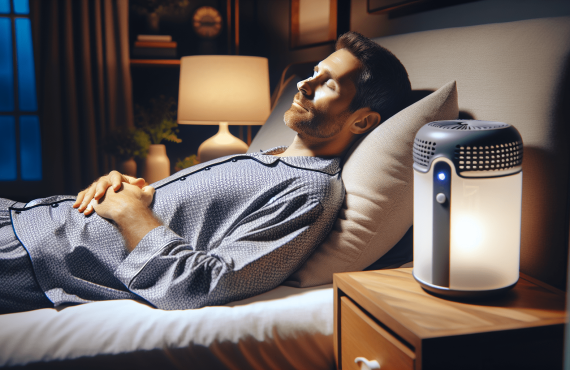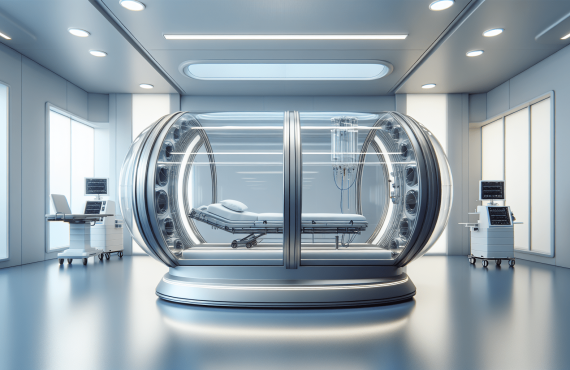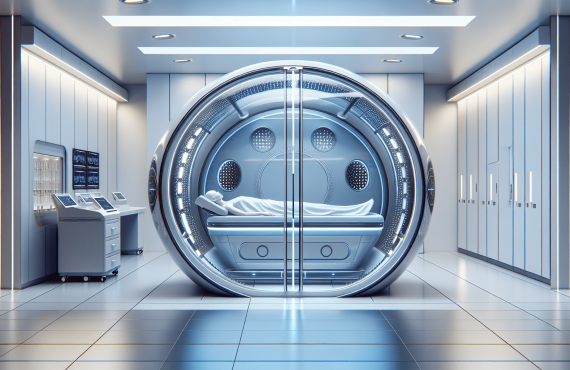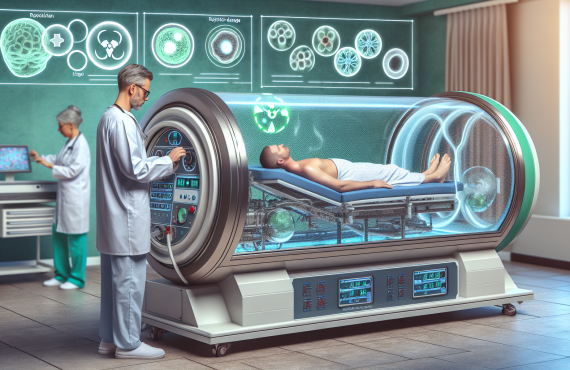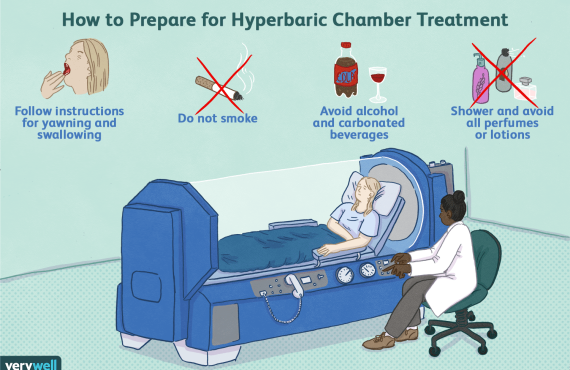Have you ever wondered if oxygen therapy could leave you feeling tired? It’s an intriguing question because oxygen is the fundamental element that fuels our body’s energy production. Let’s unravel this unexpected conundrum together and shed light on how oxygen therapy can impact your energy levels.
Table of Contents
Understanding Oxygen Therapy
Oxygen therapy is a medical treatment that delivers supplemental oxygen to people who cannot get enough oxygen on their own. The therapy helps individuals with conditions like chronic obstructive pulmonary disease (COPD), pneumonia, cystic fibrosis, and sleep apnea among others. By increasing the amount of oxygen available to your body, oxygen therapy aims to improve your quality of life.
How Oxygen Therapy Works
In simple terms, oxygen therapy enhances the oxygen absorption of the body. When you receive oxygen therapy, oxygen is delivered to your lungs, where it diffuses into your bloodstream. From there, it’s carried to your cells, which utilize it to produce energy. This process is vital for your body to function properly, and it essentially increases your energy production.
Different Types of Oxygen Therapy
There are several forms of oxygen therapy, including:
- Long-term oxygen therapy (LTOT): Used for chronic conditions, where patients receive oxygen for many hours a day.
- Short-burst oxygen therapy: Provides oxygen for short periods, typically during physical activities.
- Ambulatory oxygen therapy: Allows patients to move around more freely while receiving oxygen.
Each type is tailored based on the patient’s specific needs, which are determined by a healthcare provider.
Can Oxygen Therapy Make You Tired?
It seems counterintuitive that a process designed to enhance your oxygen levels and energy could make you tired, doesn’t it? In fact, there are a few factors contributing to this unexpected effect.
Underlying Health Conditions
Individuals receiving oxygen therapy often have significant underlying health issues. These conditions themselves can cause fatigue. For example, lung and heart diseases often result in decreased energy levels. Thus, even with oxygen therapy, the real problem—your overall health—might need more attention.
Adjustment Period
Starting oxygen therapy can involve an adjustment period. Your body has been functioning with a restricted oxygen supply for so long that the sudden increase might initially feel exhausting. It’s like how transitioning from a sedentary lifestyle to regular exercise can leave you feeling tired at first, even though it’s good for you in the long run.
Psychological and Emotional Factors
The psychological factors accompanying chronic illness and treatment can contribute to fatigue. Stress, anxiety, and depression are common among individuals undergoing long-term treatments, leading to tiredness. Oxygen therapy, while physically beneficial, doesn’t directly alleviate these emotional burdens.

The Role of Hyperbaric Oxygen Therapy
Let’s shift gears and explore hyperbaric oxygen therapy (HBOT).
What is Hyperbaric Therapy?
Hyperbaric therapy, also known as hyperbaric oxygen therapy (HBOT), is a process where patients breathe pure oxygen in a highly pressurized chamber. This method differs from standard oxygen therapy due to its pressurization and use of 100% oxygen.
How Hyperbaric Oxygen Therapy Works
HBOT significantly increases the amount of oxygen your blood can carry. This high pressure pushes more oxygen into your red blood cells and plasma, reaching areas in your body with poor circulation. As a result, it promotes healing and reduces inflammation.
Benefits of Hyperbaric Therapy
HBOT is widely used to treat conditions like carbon monoxide poisoning, wounds that won’t heal due to diabetes or radiation injury, and decompression sickness. While the therapy has many benefits, it’s important to understand its limitations and potential side effects, including temporary fatigue.
FAQs about Oxygen Therapy
-
What are the common side effects of oxygen therapy?
Side effects may include nasal dryness, headaches, and, in some cases, fatigue. It is crucial to consult with your healthcare provider to manage these effects.
-
Can everyone use hyperbaric oxygen therapy?
Not everyone is suited for HBOT. People with certain conditions, such as untreated pneumothorax or certain ear traumas, should avoid it. Always consult a qualified healthcare provider before starting this therapy.
-
How long do the effects of oxygen therapy last?
The effects vary based on the individual’s condition and the type of therapy. For some, benefits are immediate; for others, it takes time to observe improvements.
-
Is it safe to use oxygen therapy at home?
Yes, with proper guidance from a healthcare professional, at-home oxygen therapy is safe. It’s crucial to follow safety guidelines to avoid risks like fire hazards.
-
What improvements should I expect from oxygen therapy?
Patients often report better energy levels, clearer thinking, and improved shortness of breath. However, the degree of improvement can vary significantly.

When to Seek Professional Advice
If you experience unusual tiredness or any side effects during oxygen therapy, it’s vital to seek professional help. At Henry Chiropractic, located at 1823 N 9th Ave, Pensacola, FL 32503 with phone number (850) 435-7777, experts like Dr. Craig Henry and Dr. Aaron Hixon can offer guidance tailored to your health needs.
Dr. Craig Henry
Dr. Craig Henry, a licensed chiropractor serving the Pensacola area, ensures an improved health and wellness state for all patients. Whether it’s relieving back and neck pain or enhancing your overall daily health, Dr. Henry uses chiropractic care to meet your health goals.
Dr. Aaron Hixon
Dr. Aaron Hixon, also part of the team, contributes his expertise in chiropractic care to enhance patients’ lives. With a strong background in exercise science and multiple chiropractic techniques, he is committed to helping you feel your best.
Final Thoughts on Oxygen Therapy and Fatigue
Oxygen therapy is a powerful tool for improving health in individuals with reduced oxygen levels. While fatigue can occur, it is often linked to other components like underlying health conditions or emotional factors rather than the therapy itself.
Finding the right balance through consultations and monitoring can help maximize the benefits of oxygen therapy while minimizing adverse effects like tiredness. Remember, a healthcare professional is your best guide on this journey. If you’re in the Pensacola area, don’t hesitate to reach out to Henry Chiropractic for comprehensive and personalized care.






